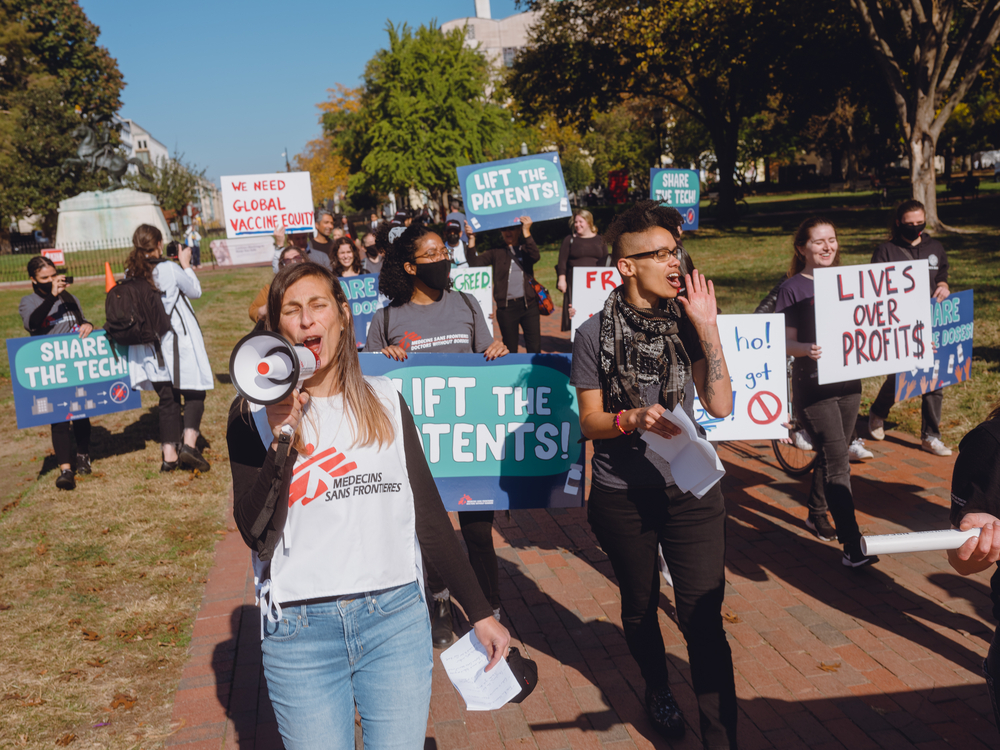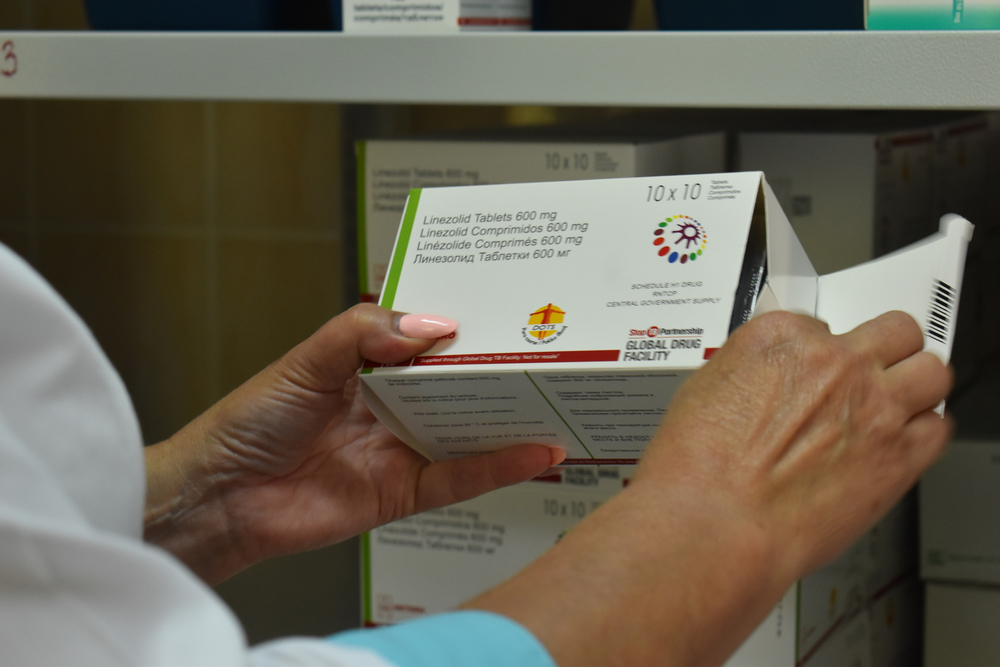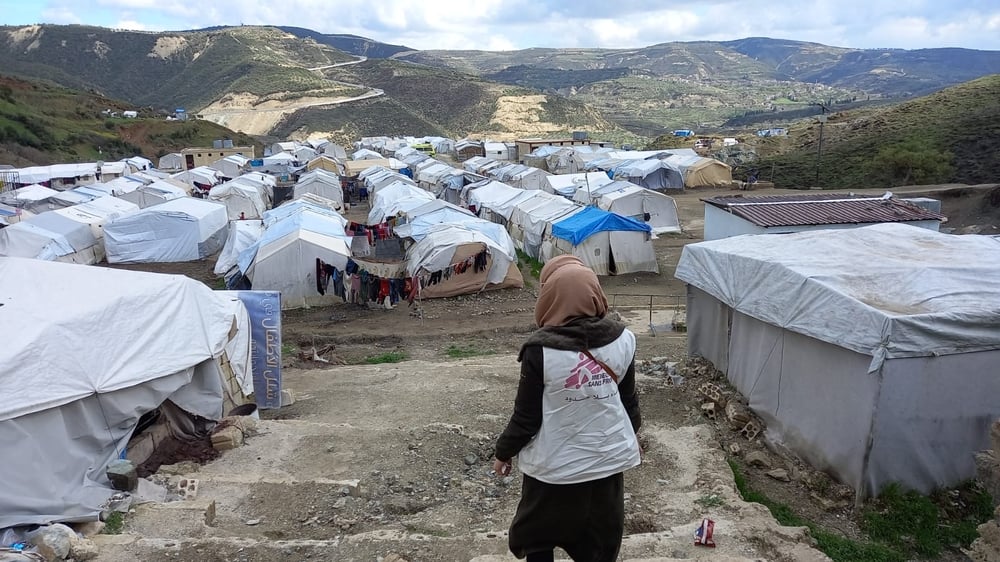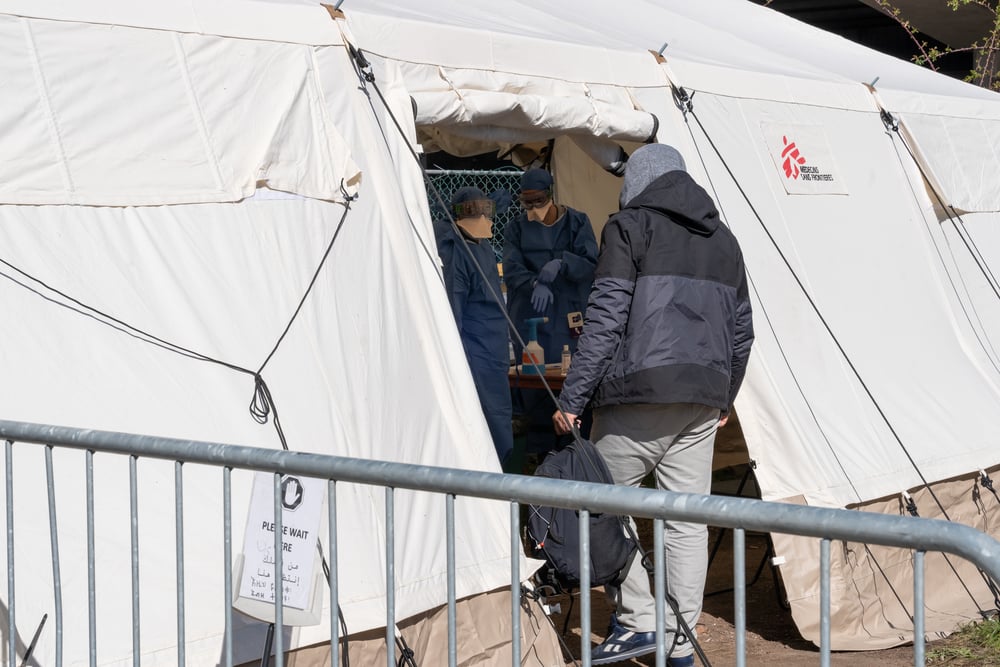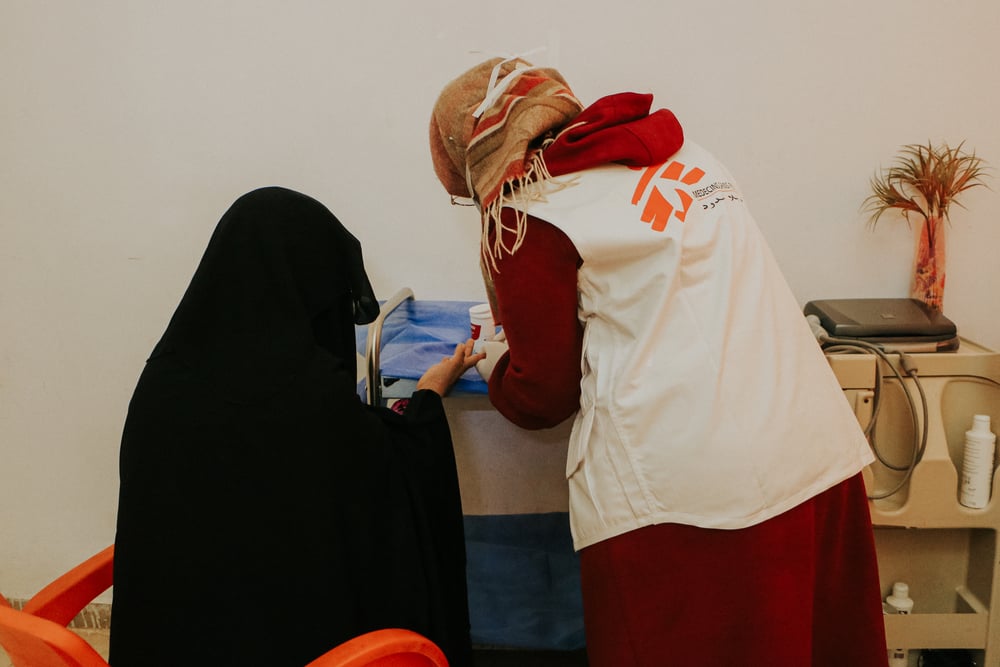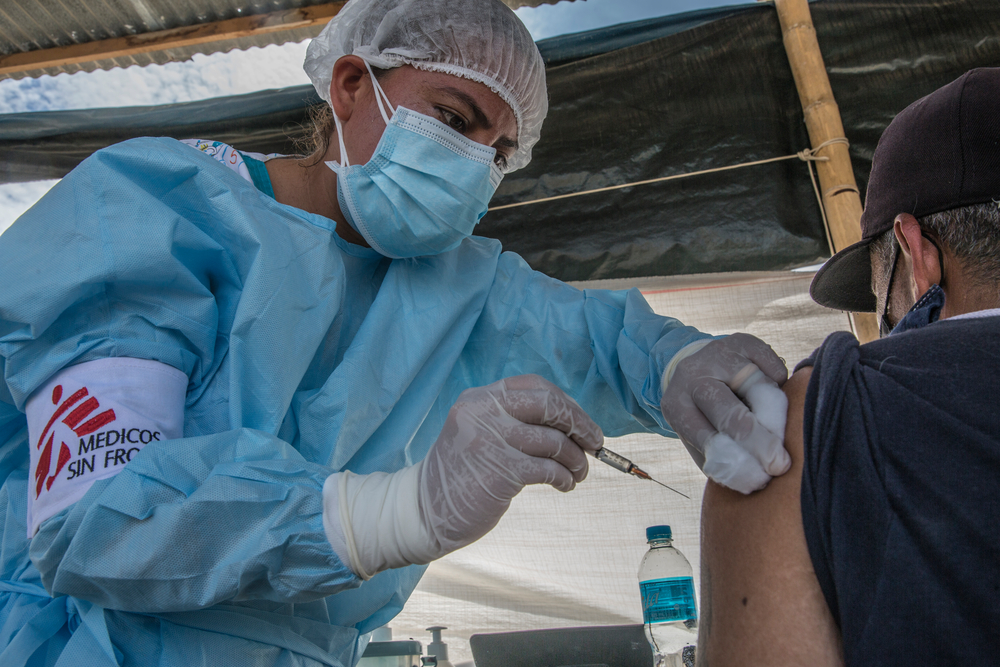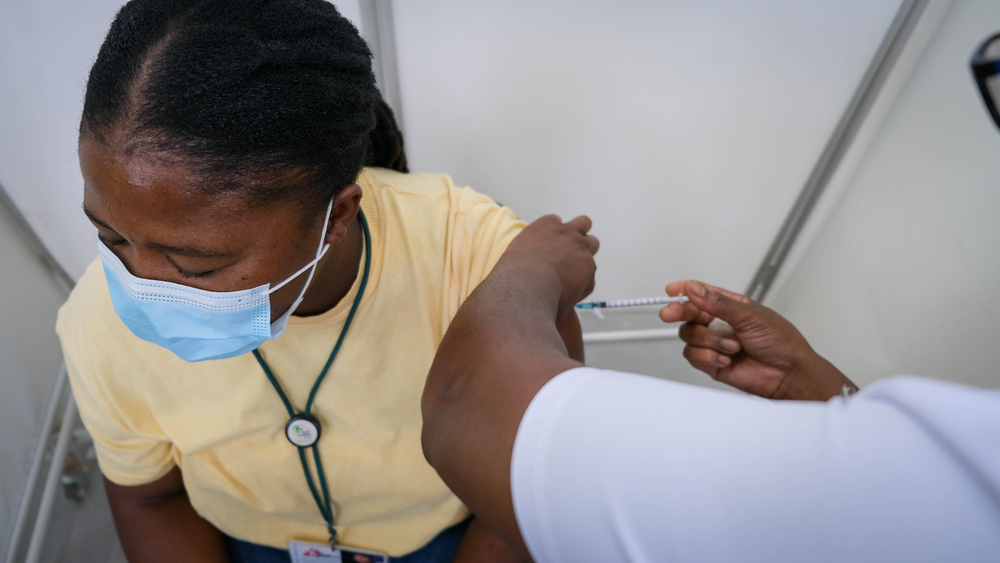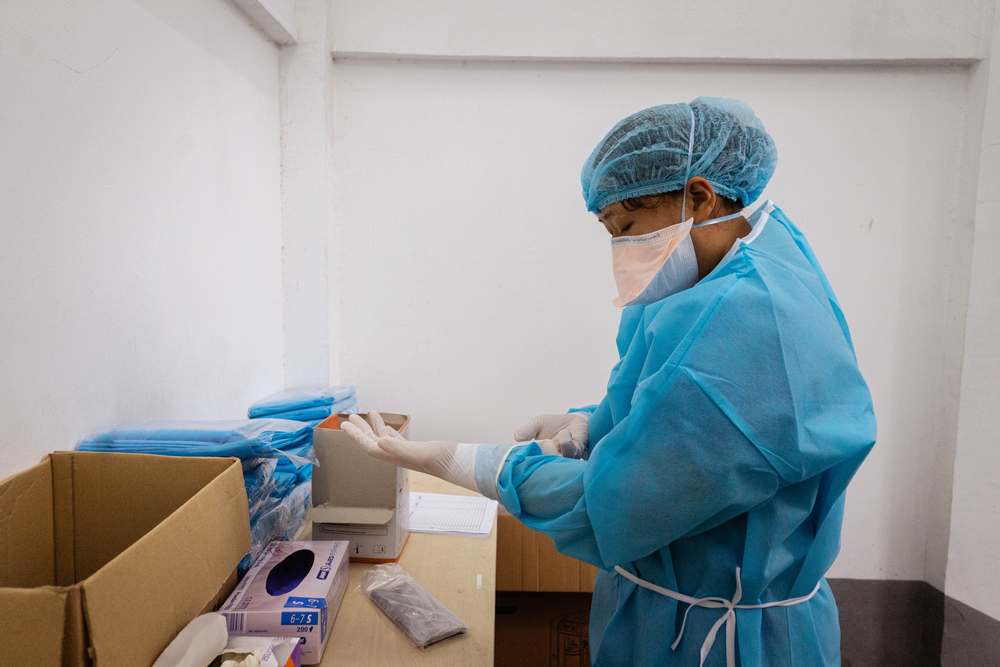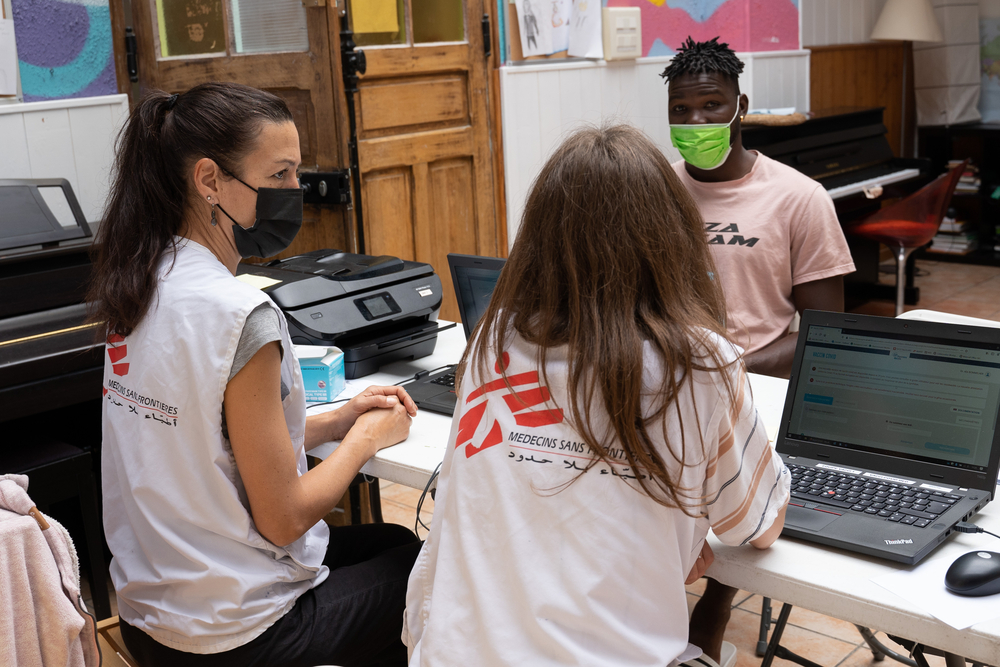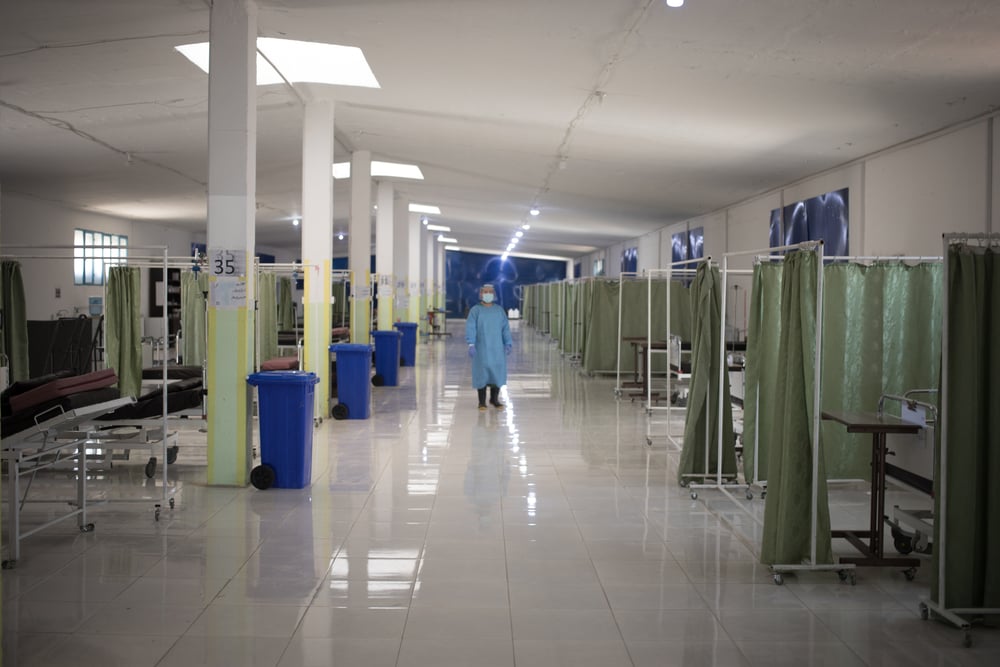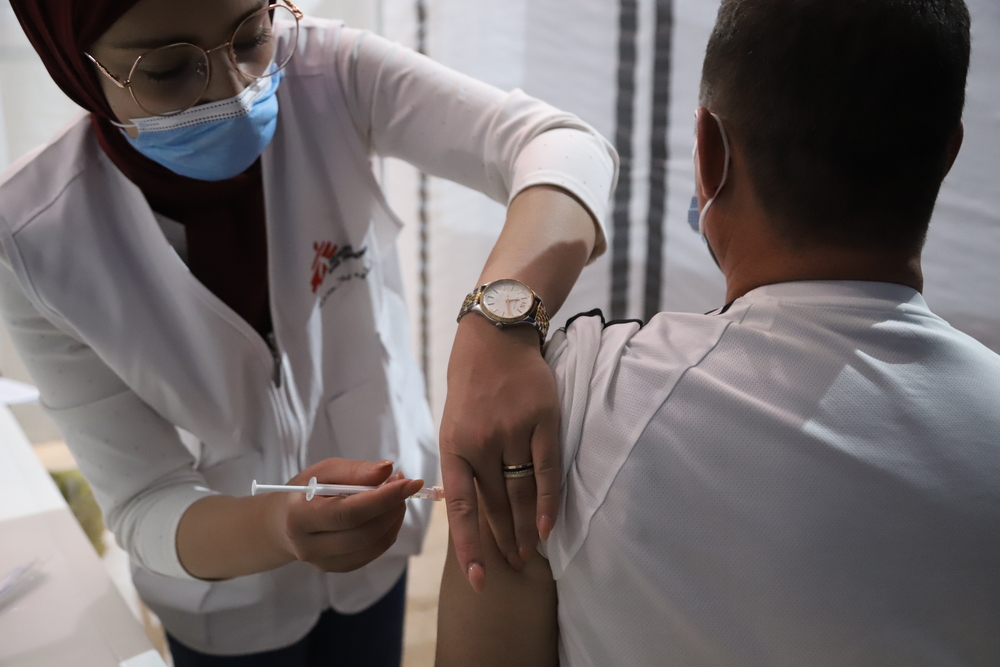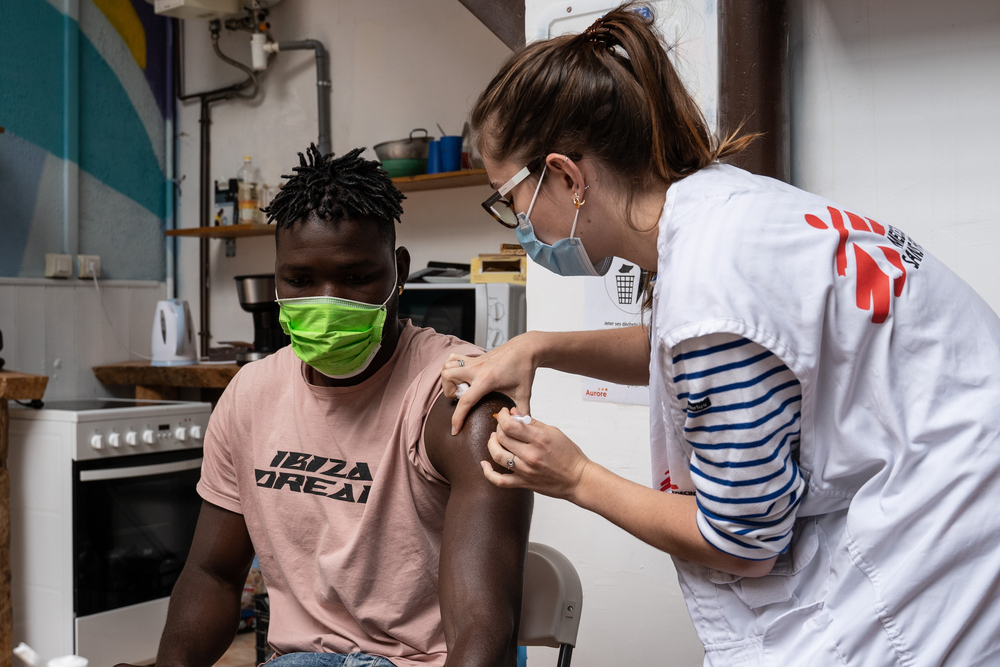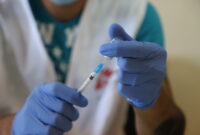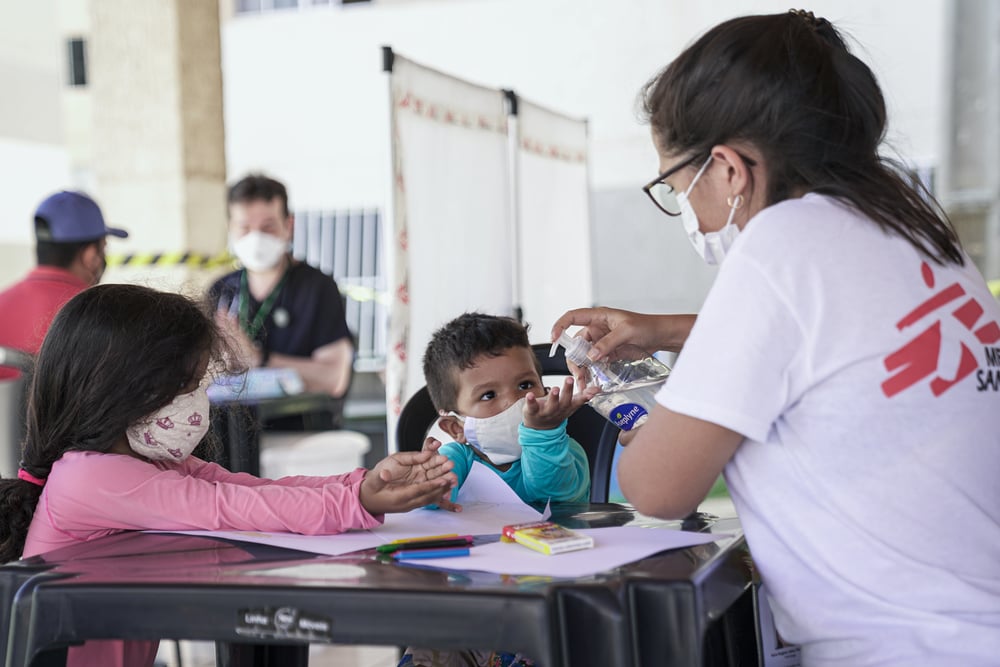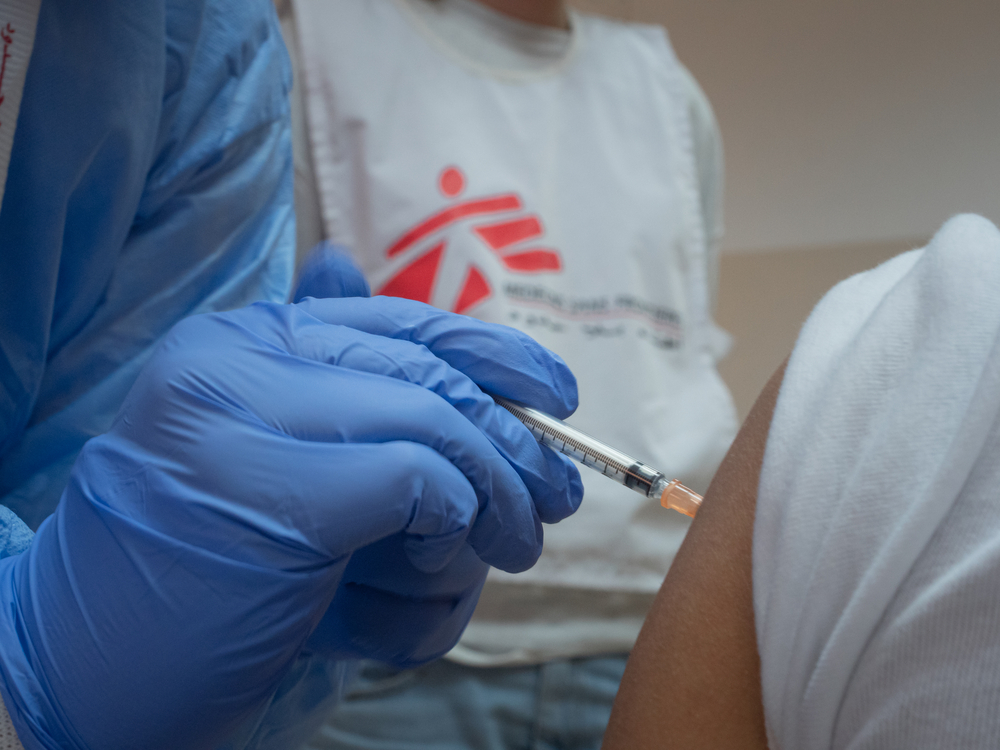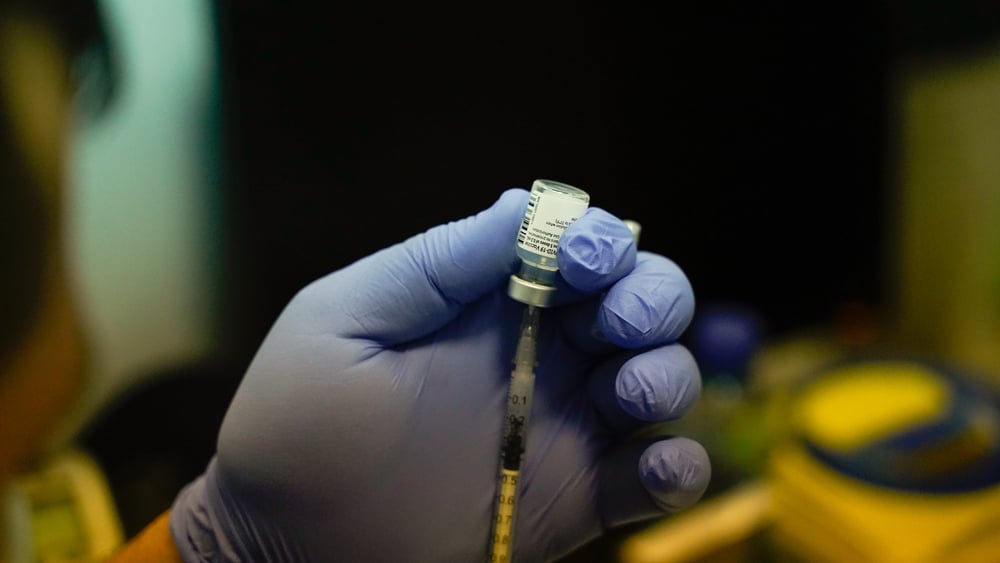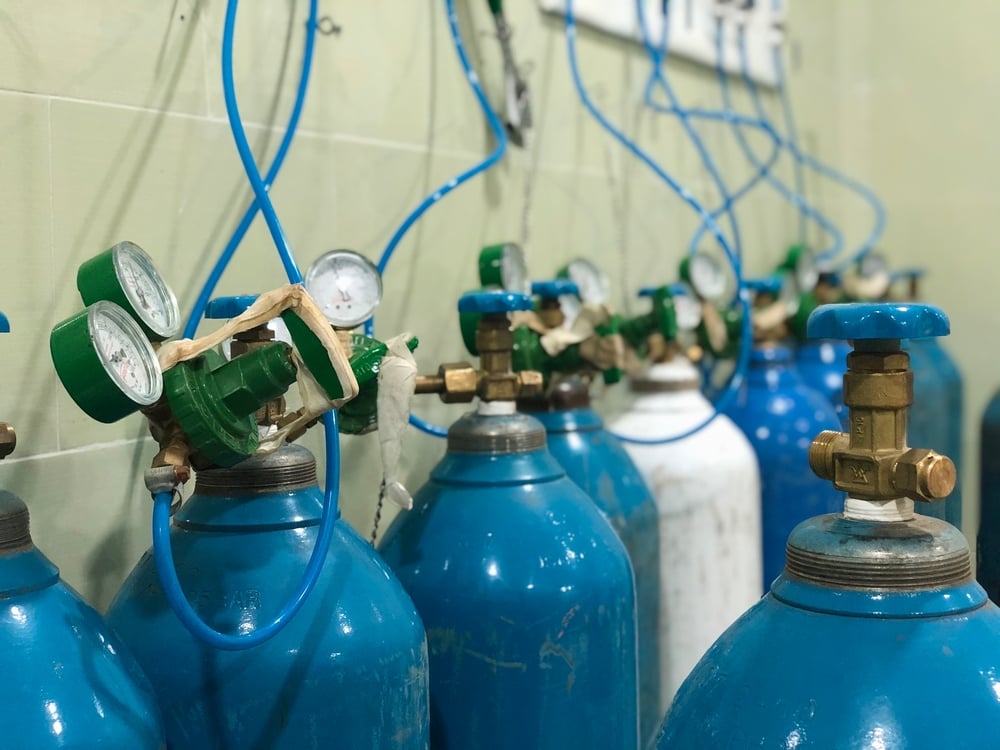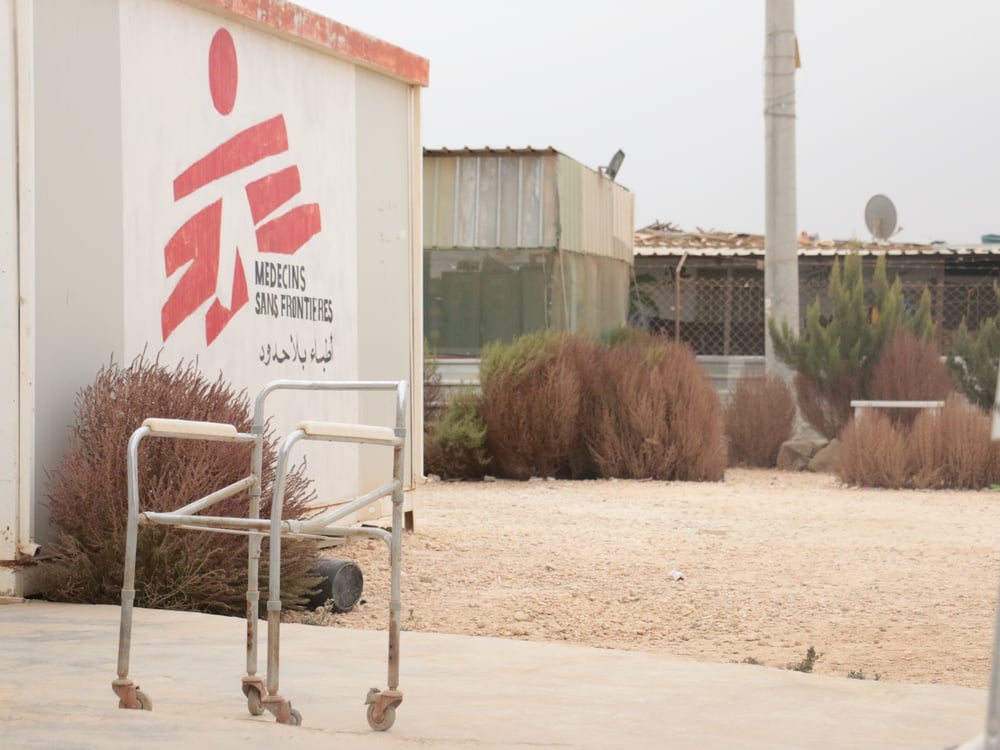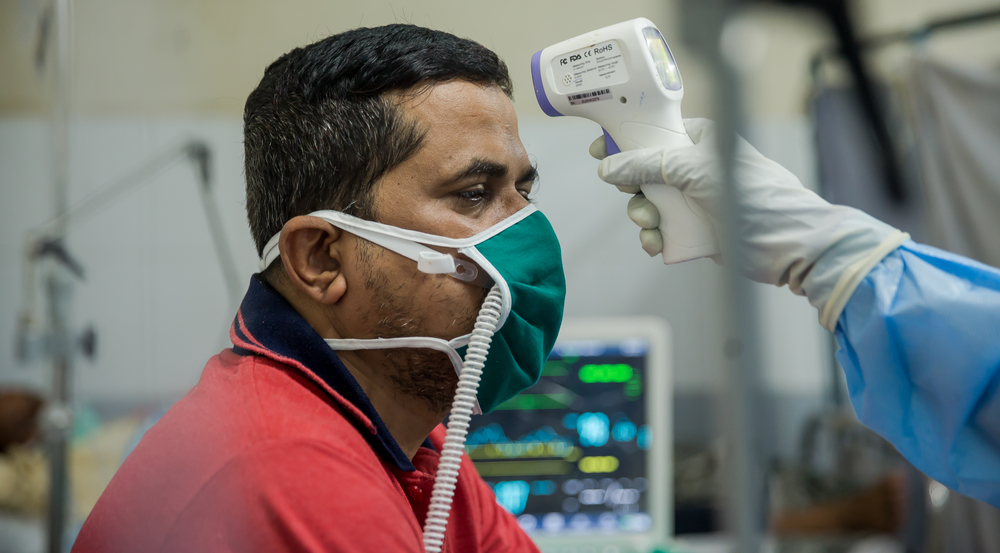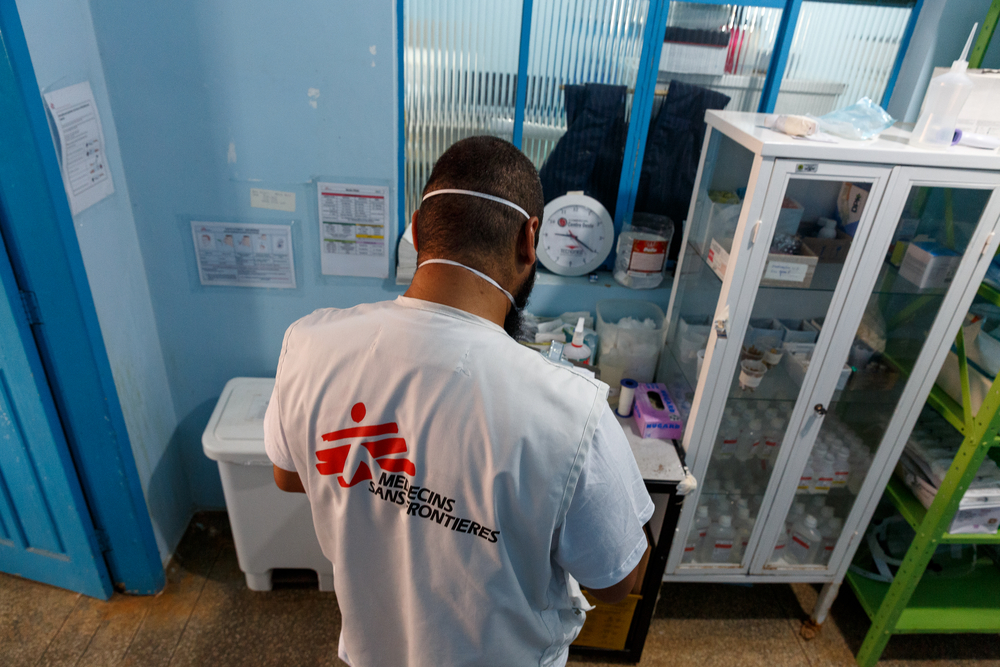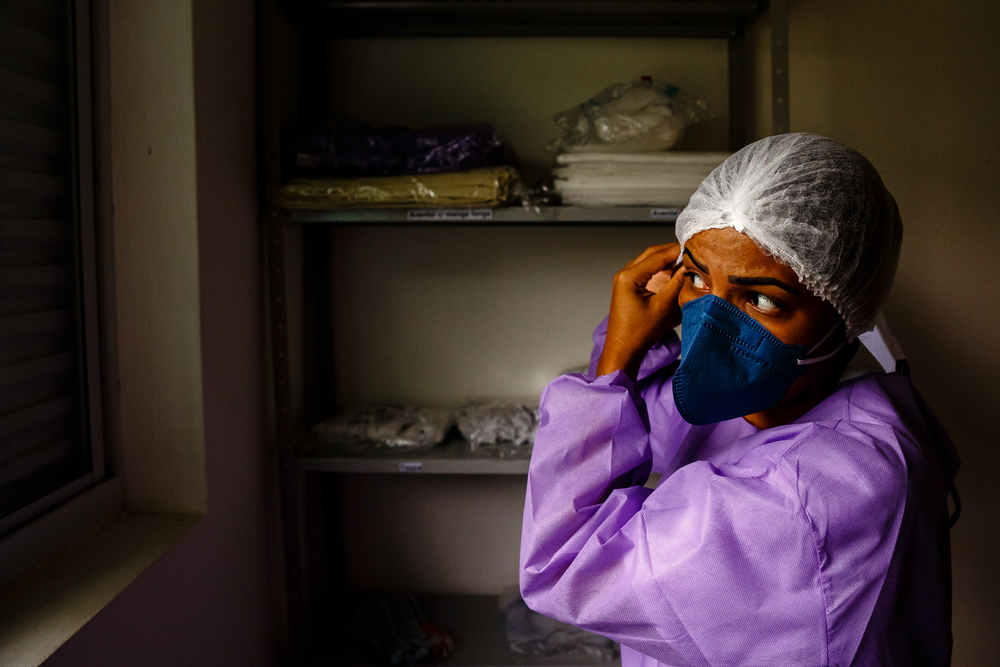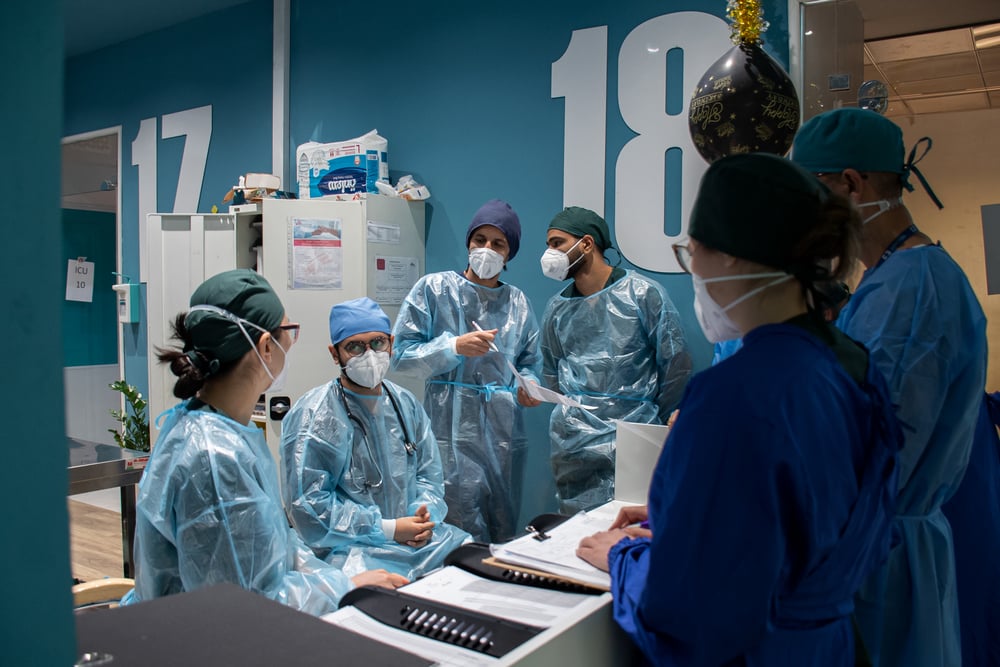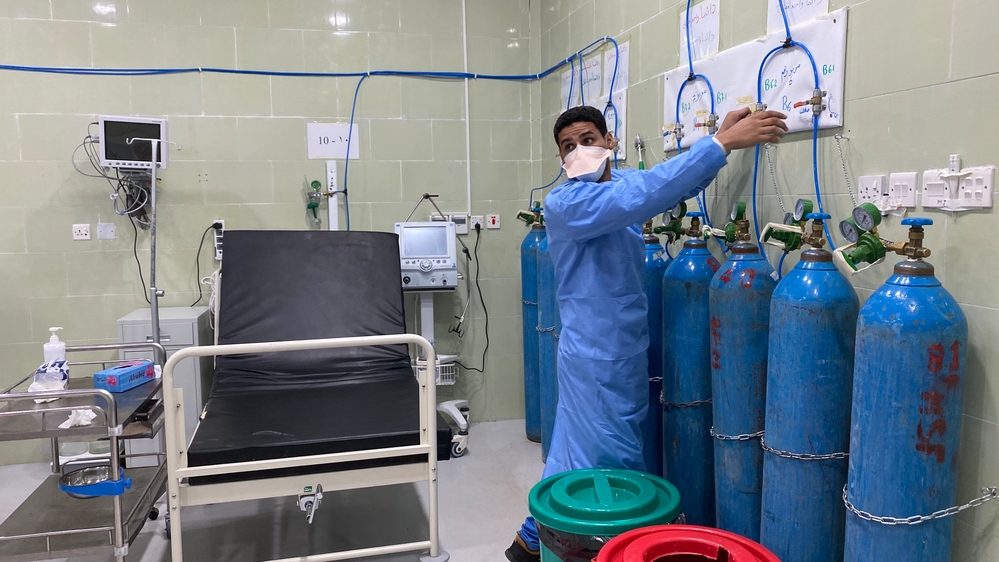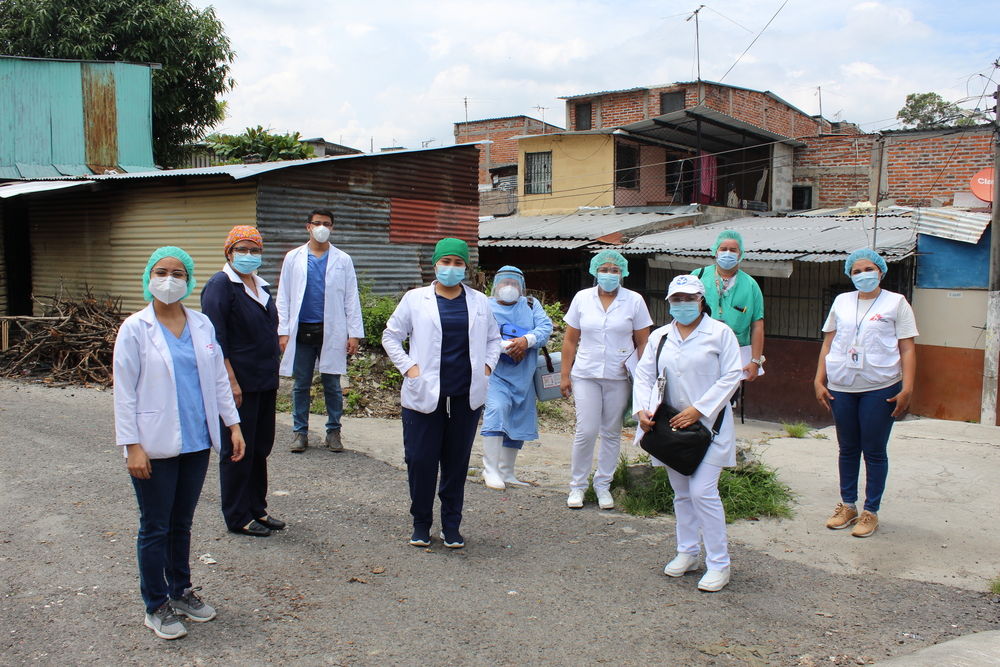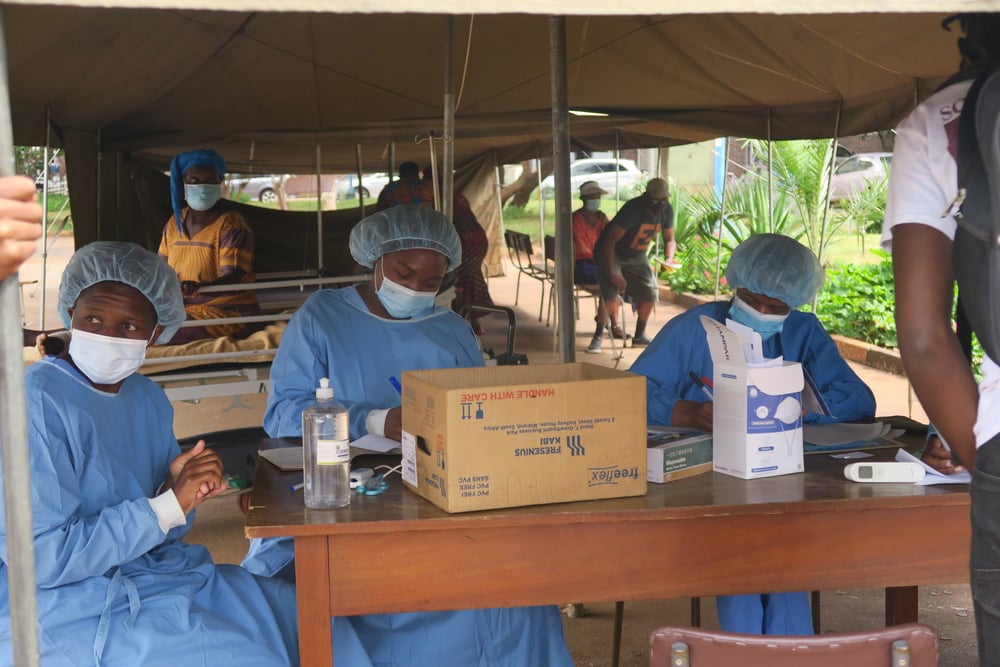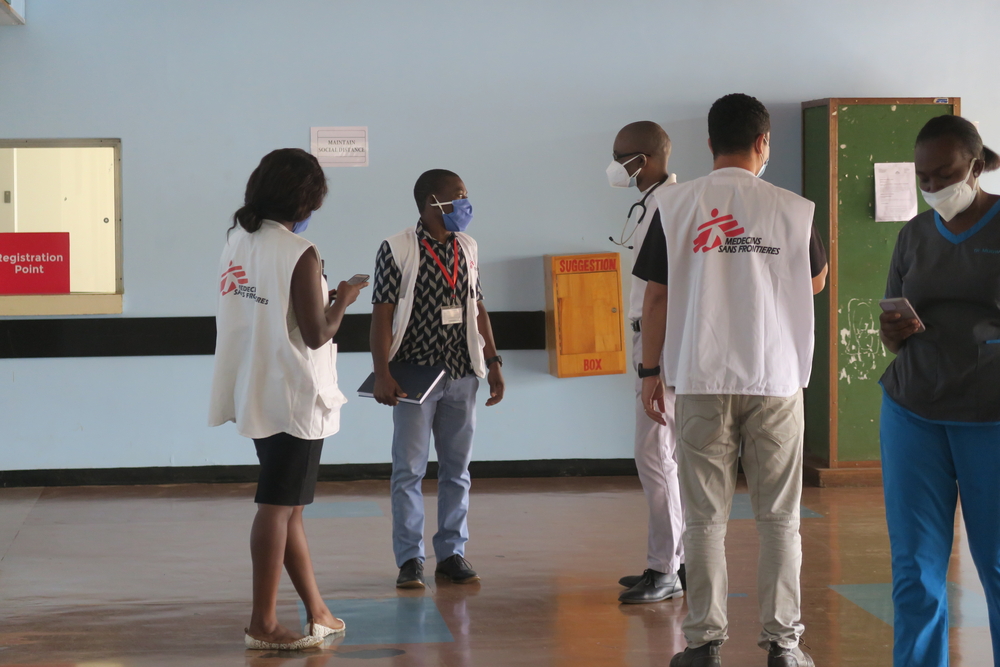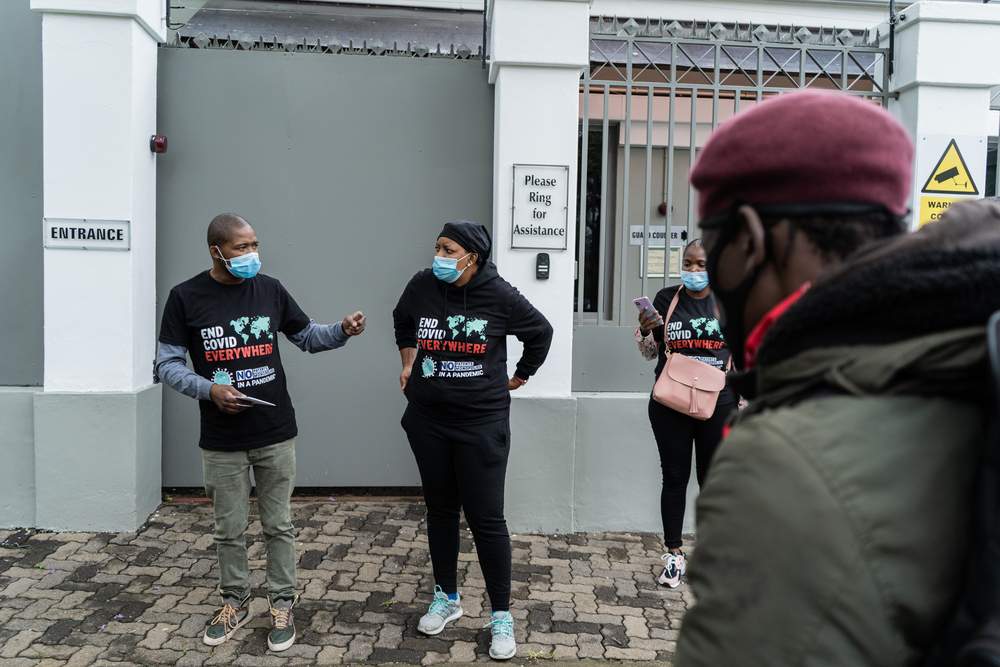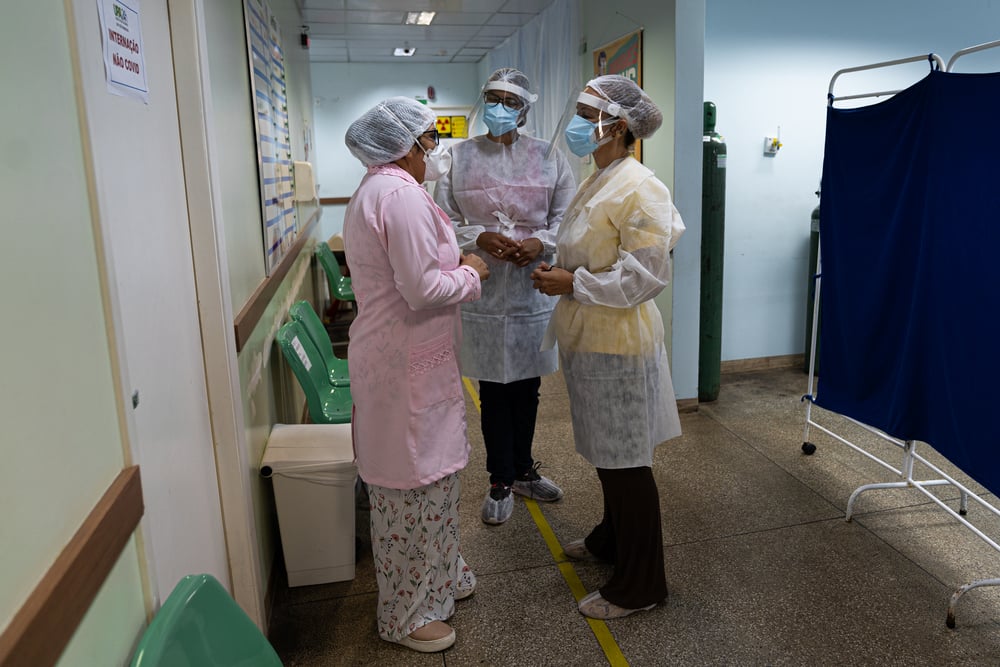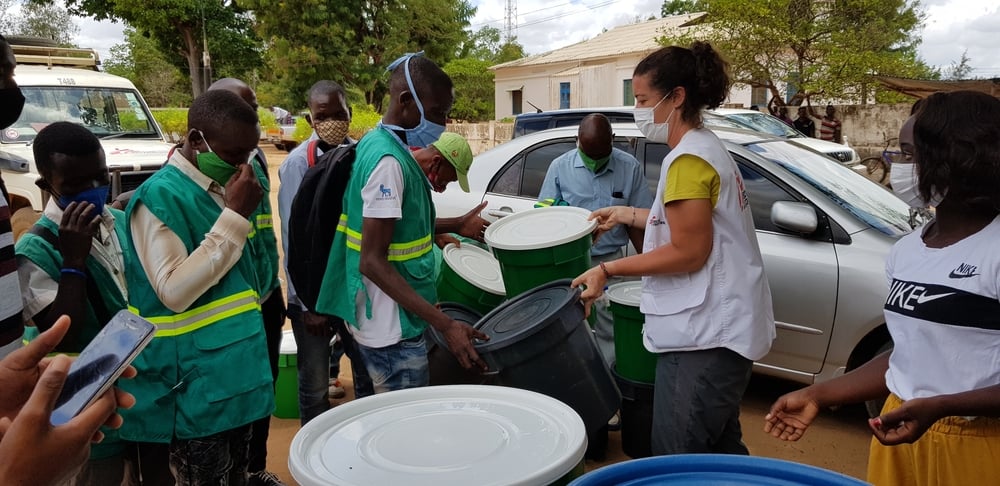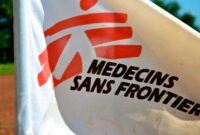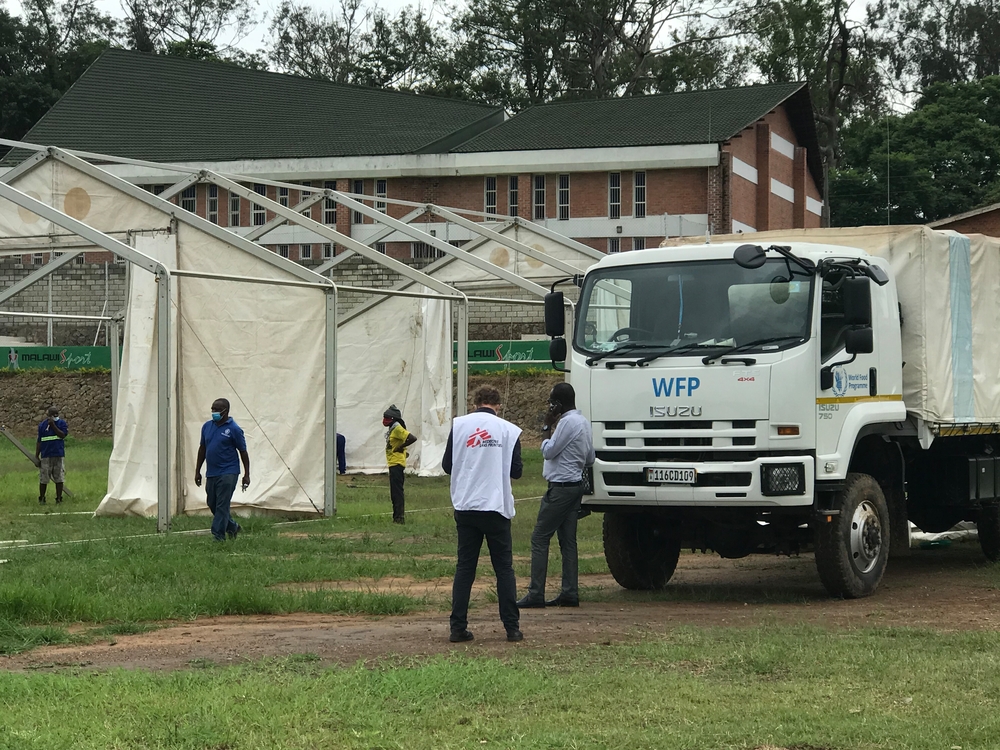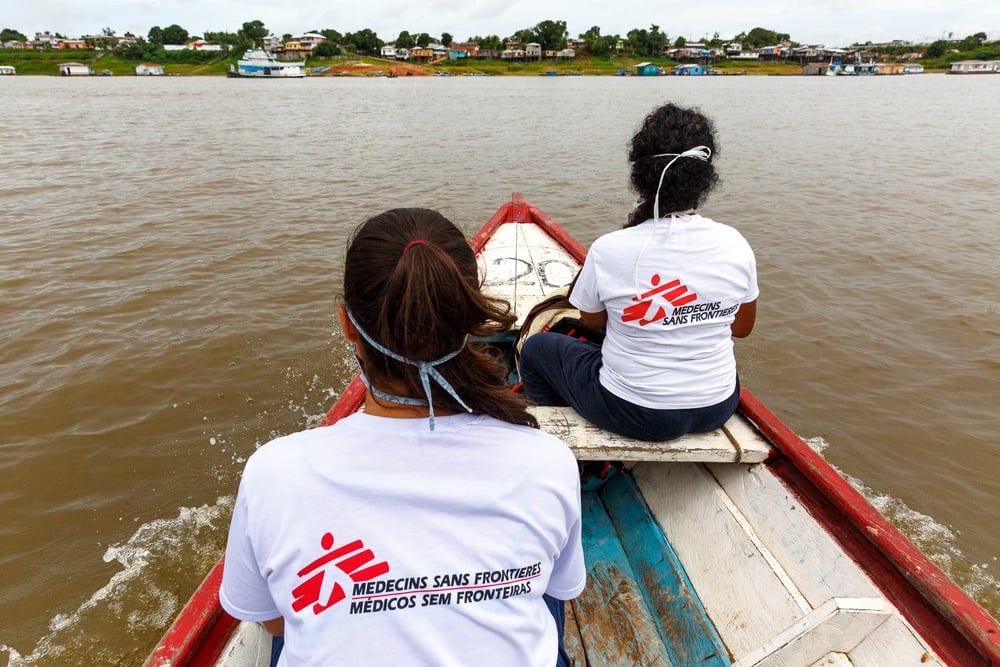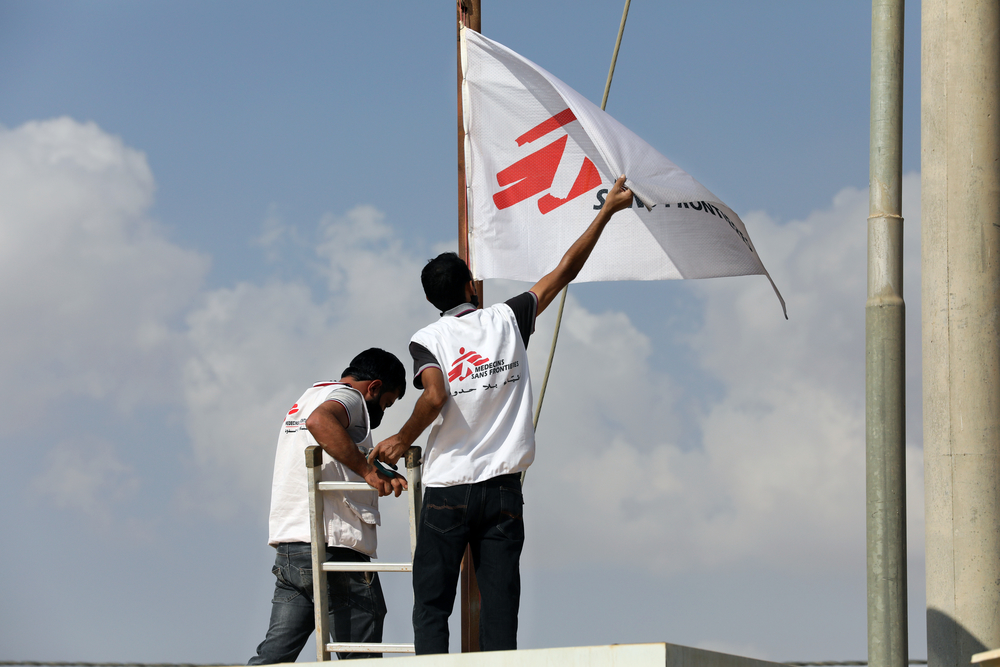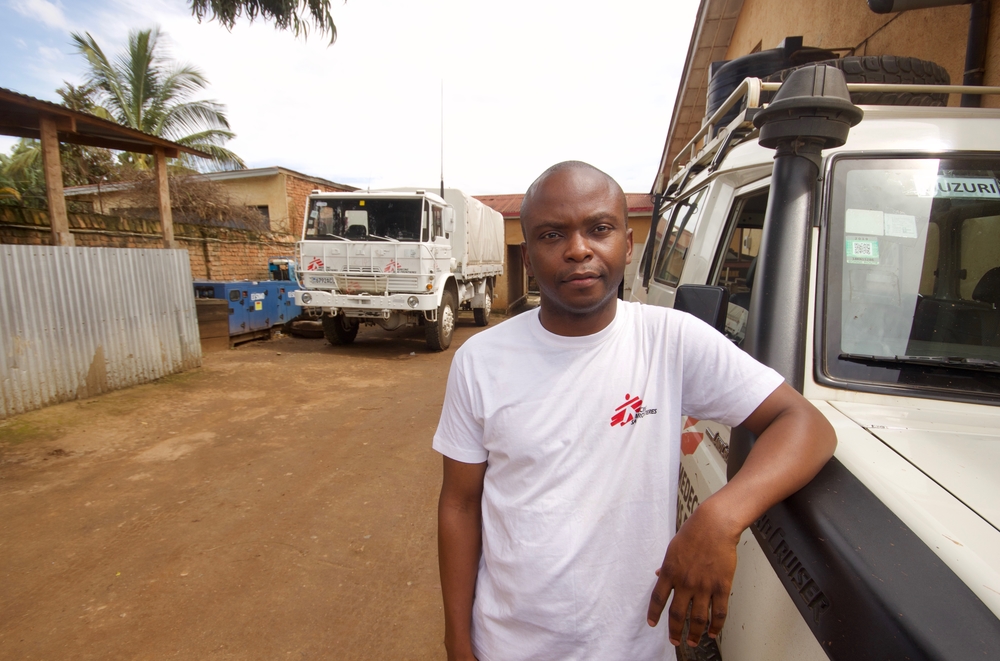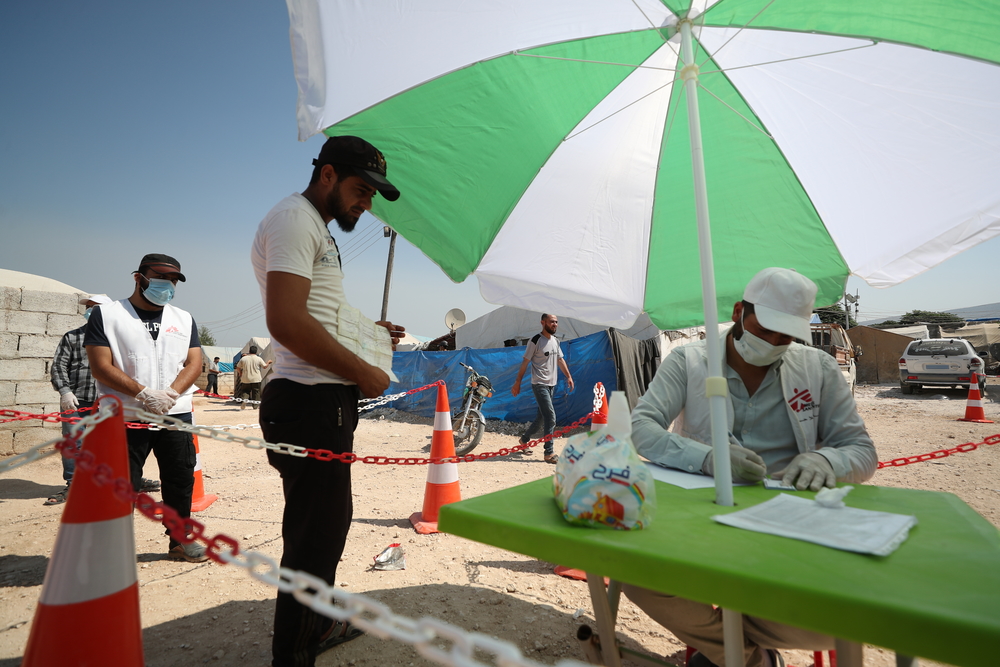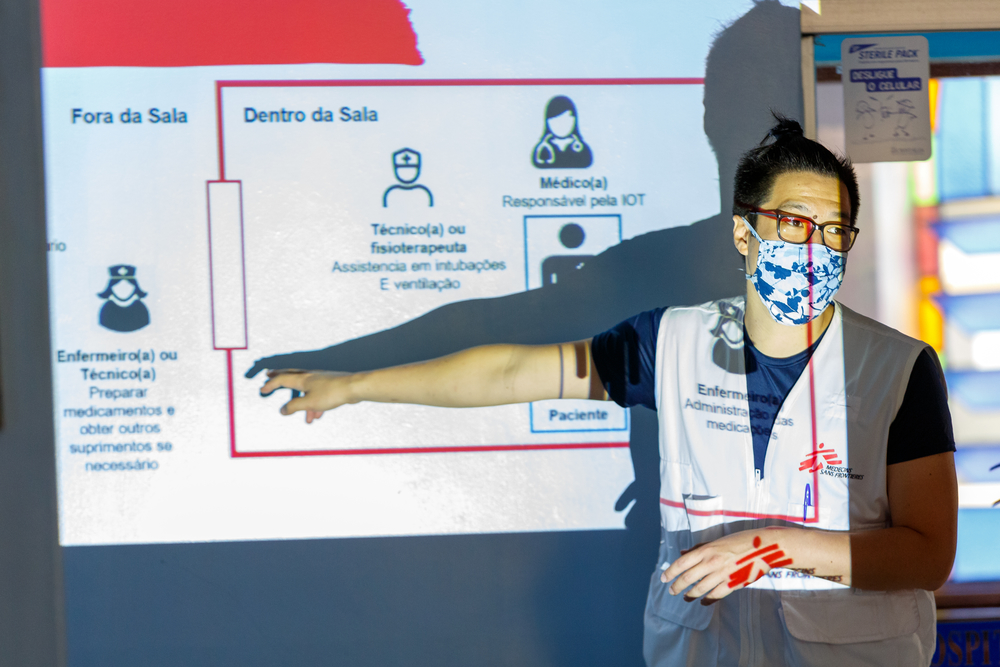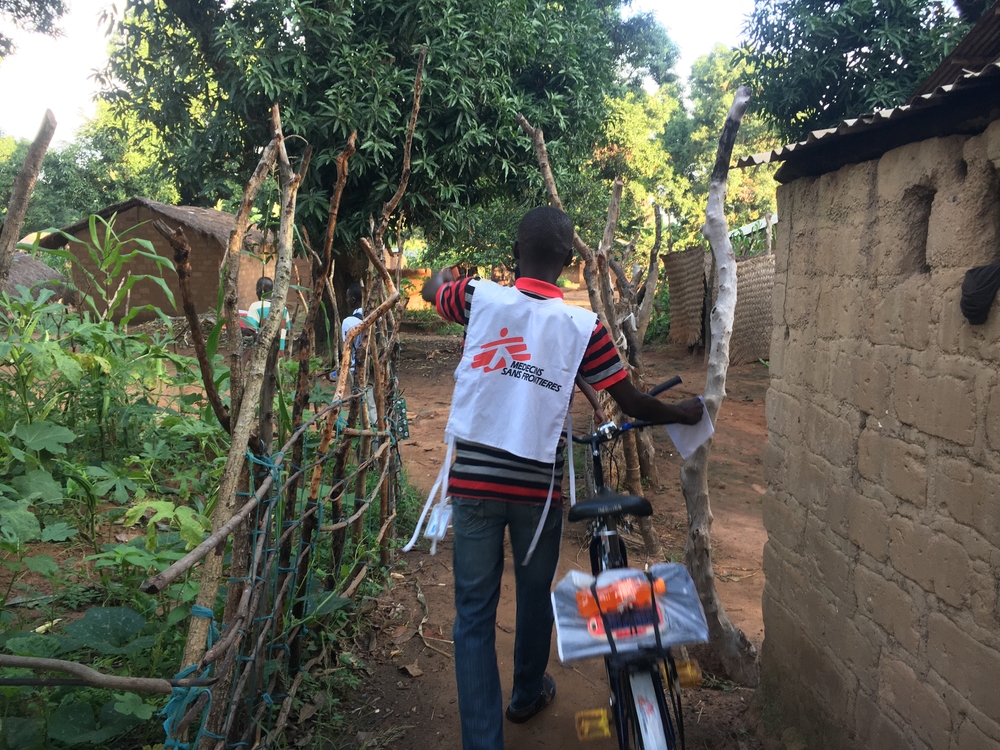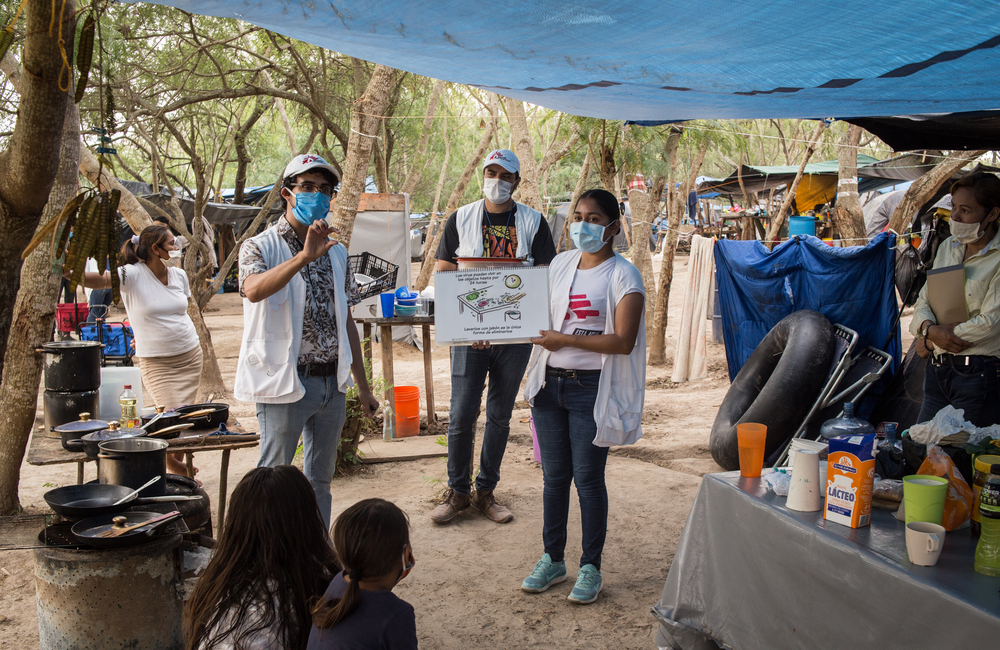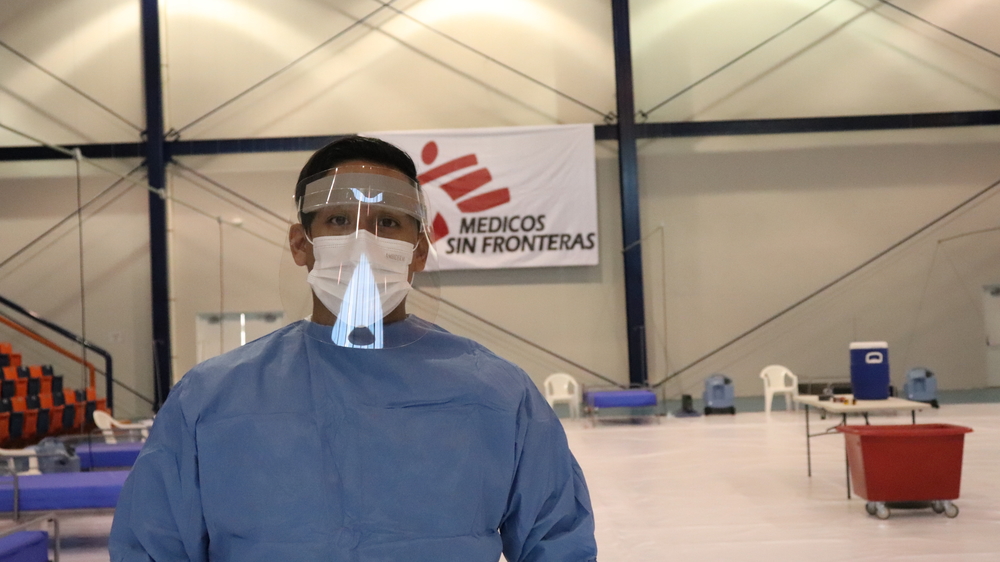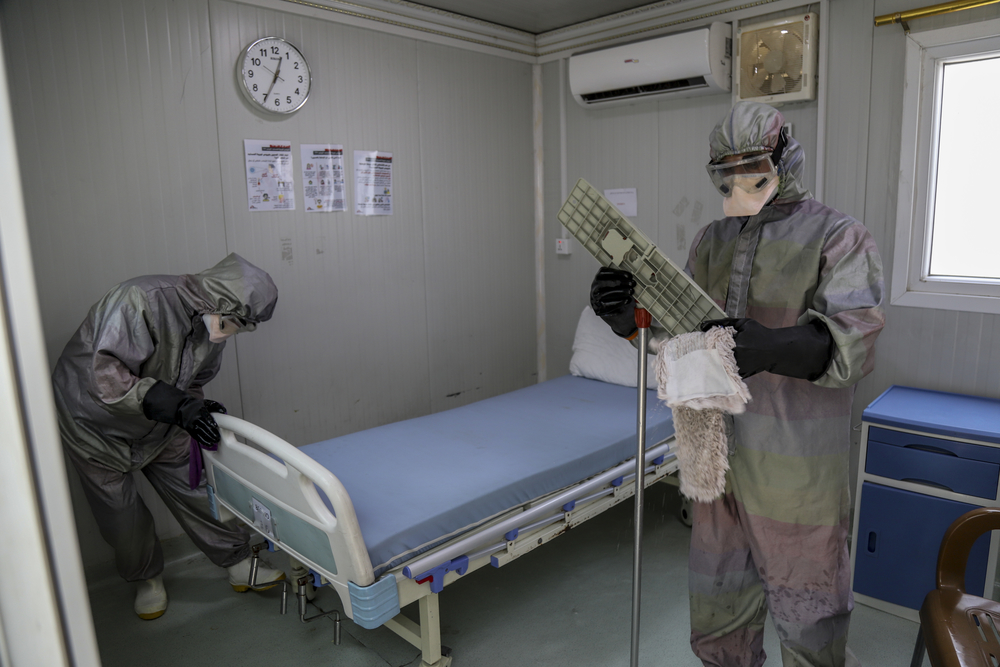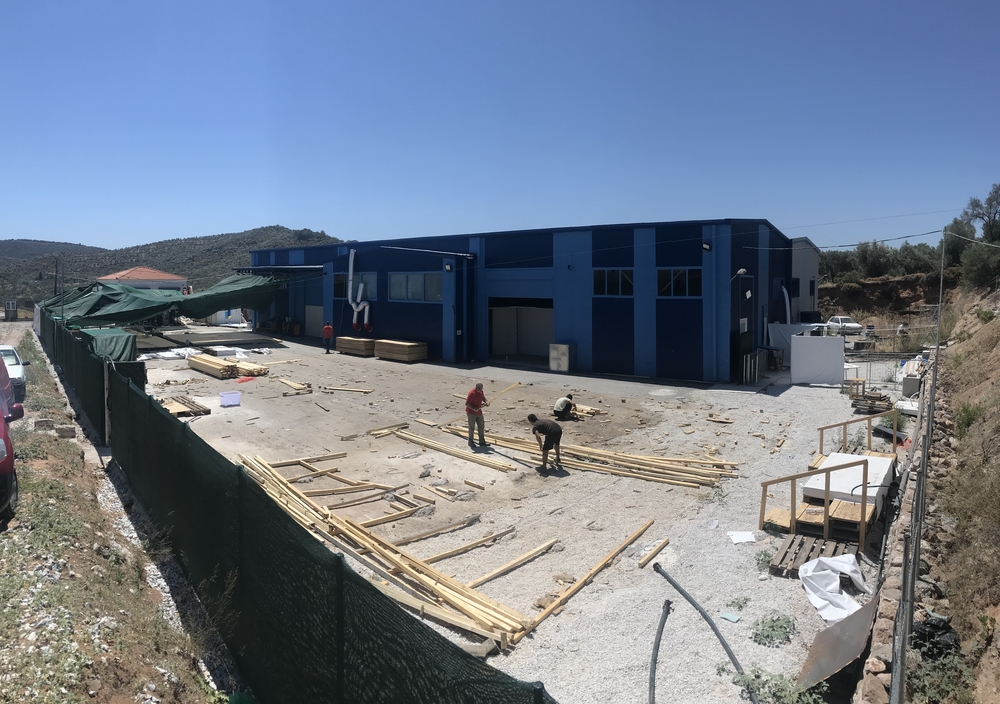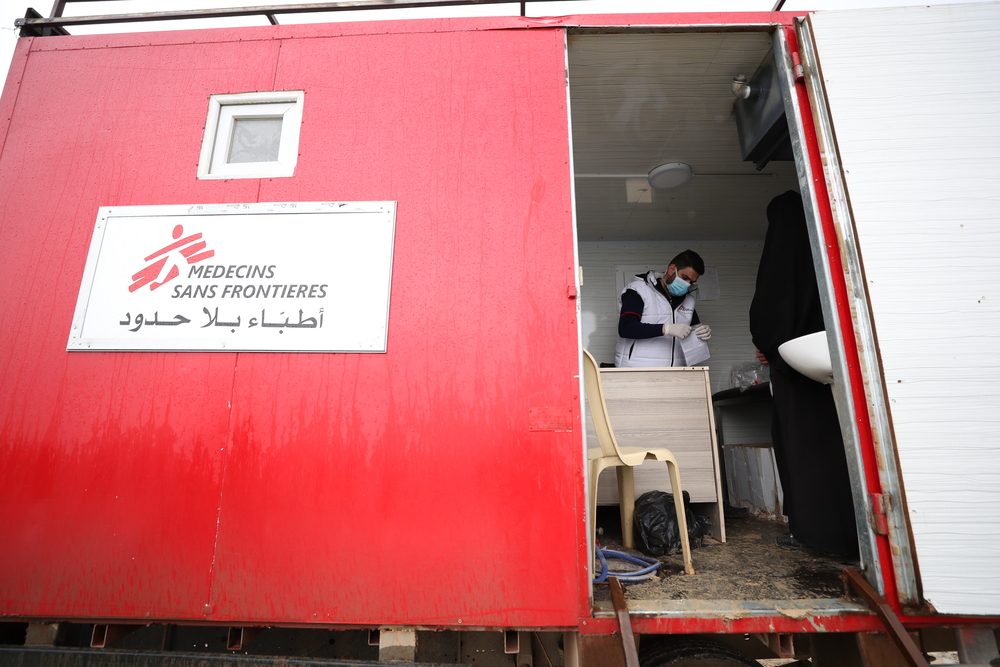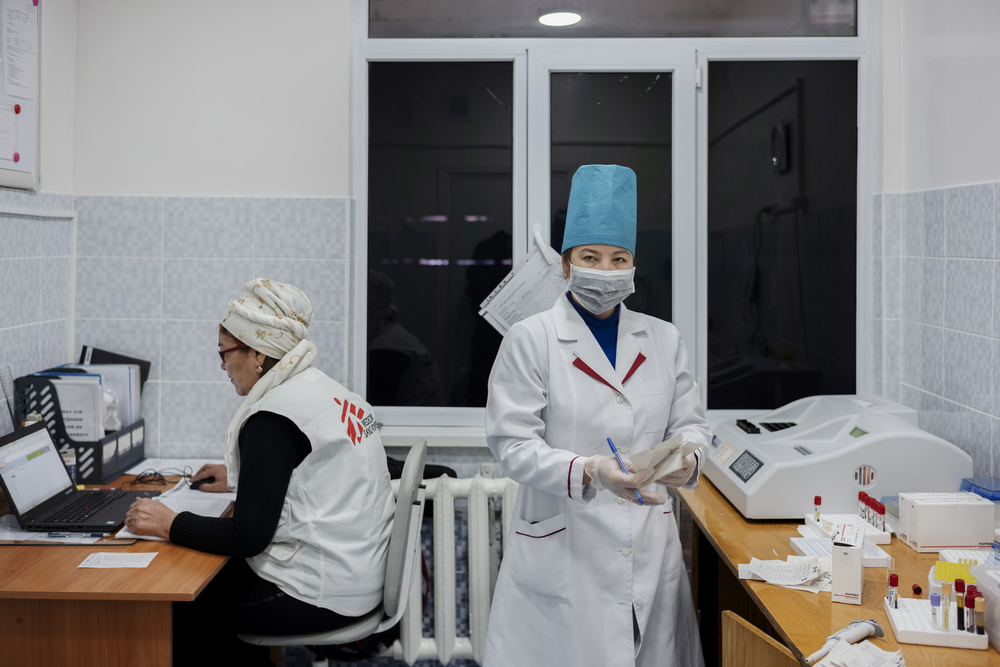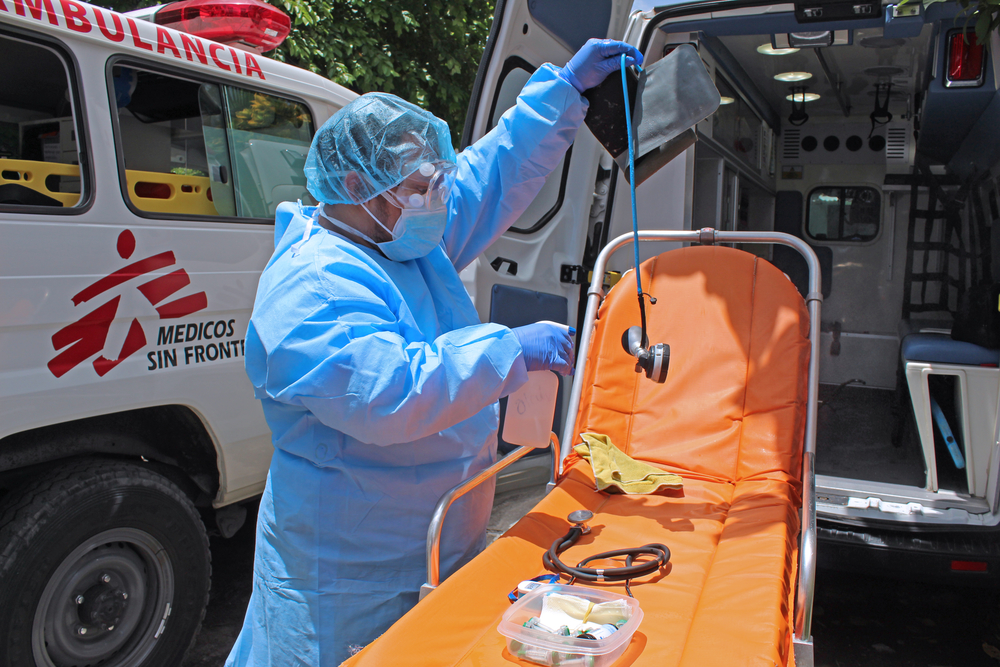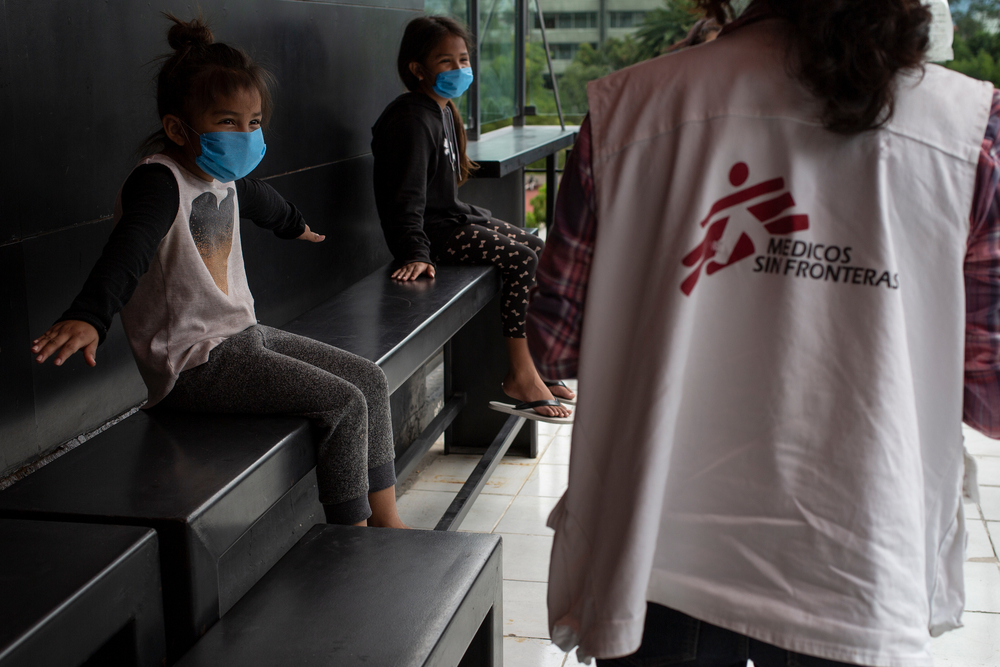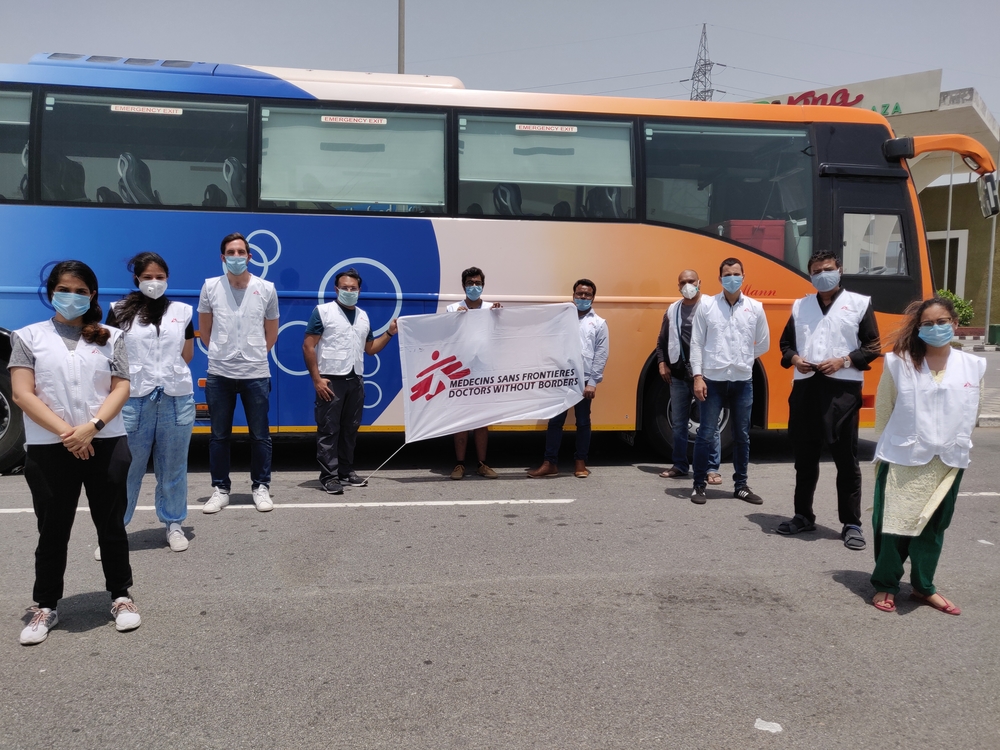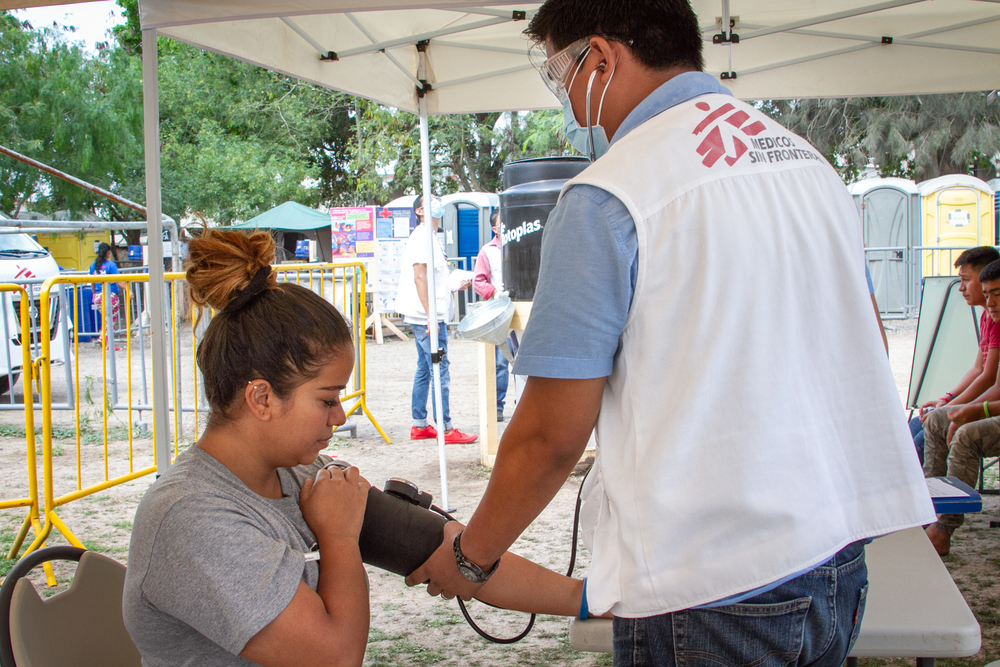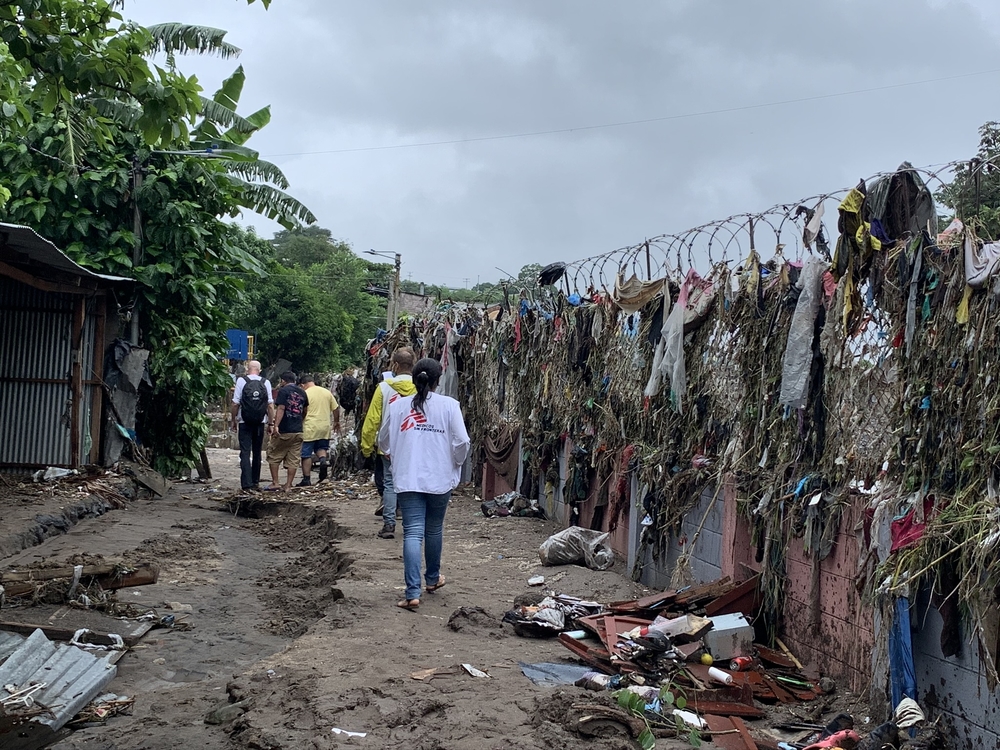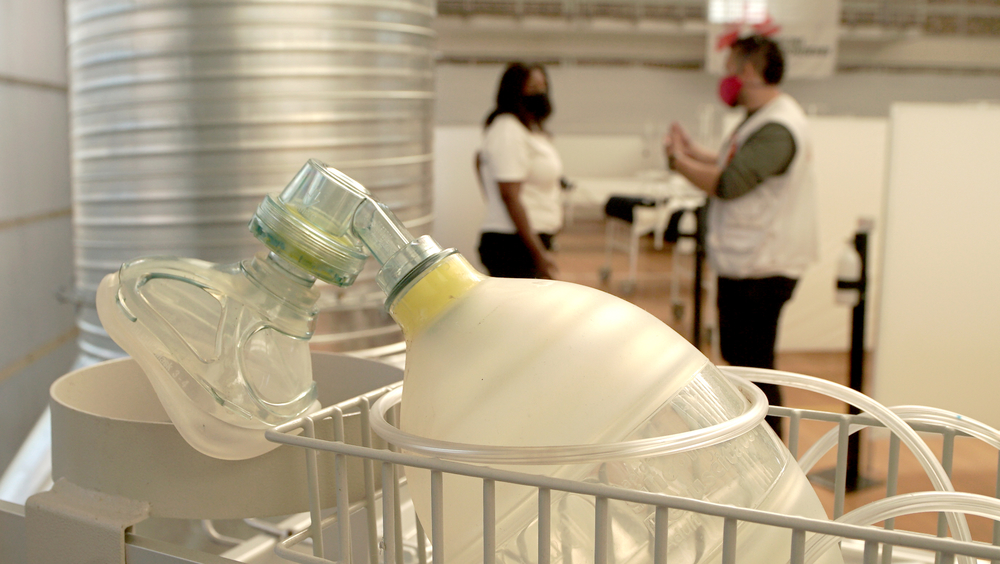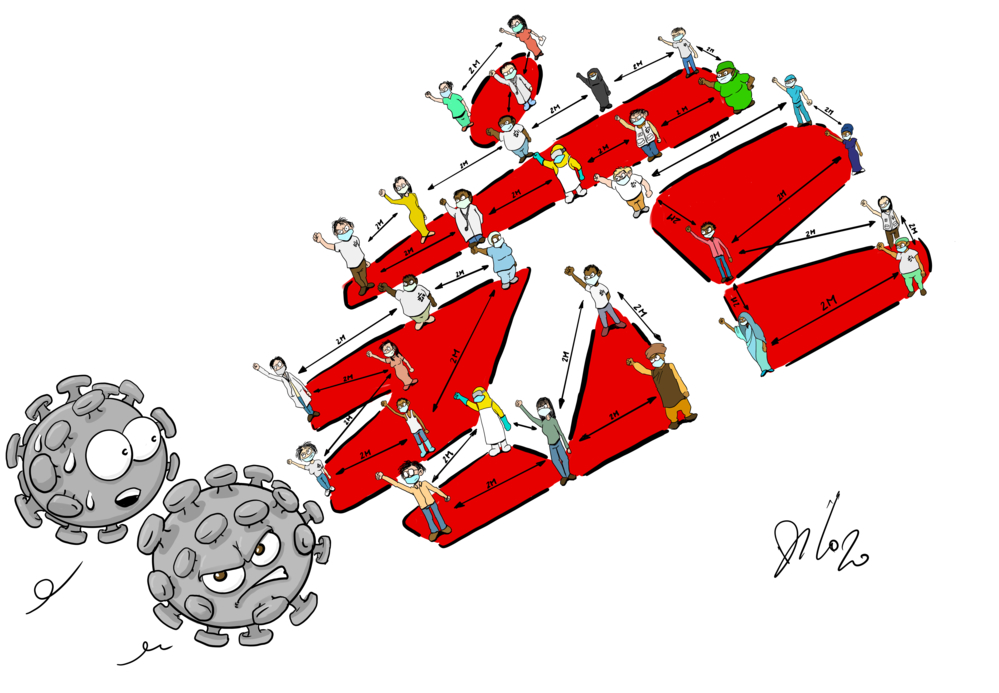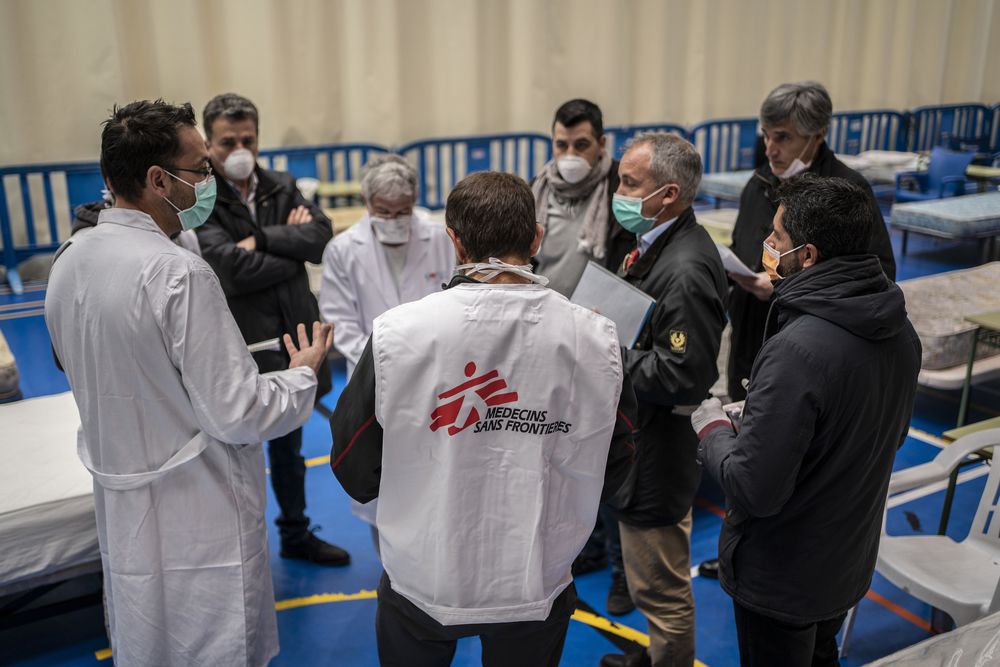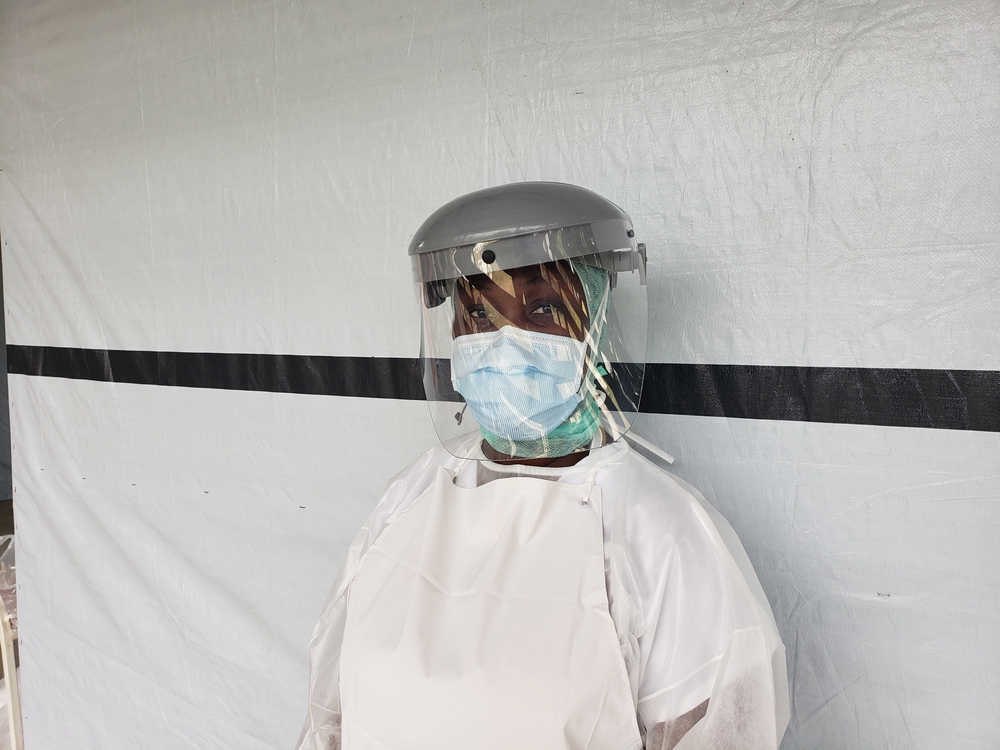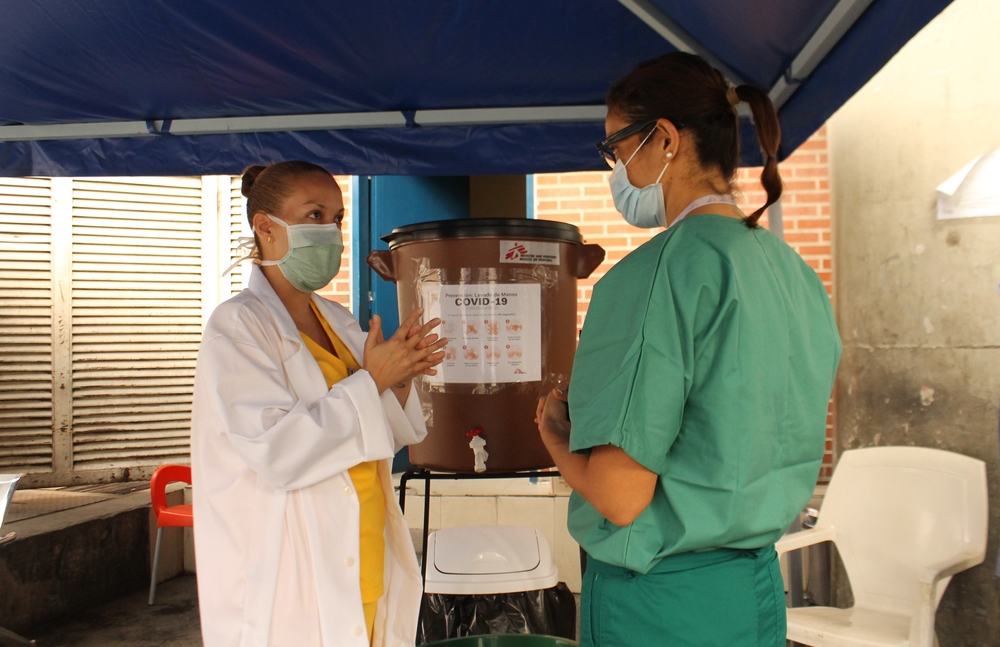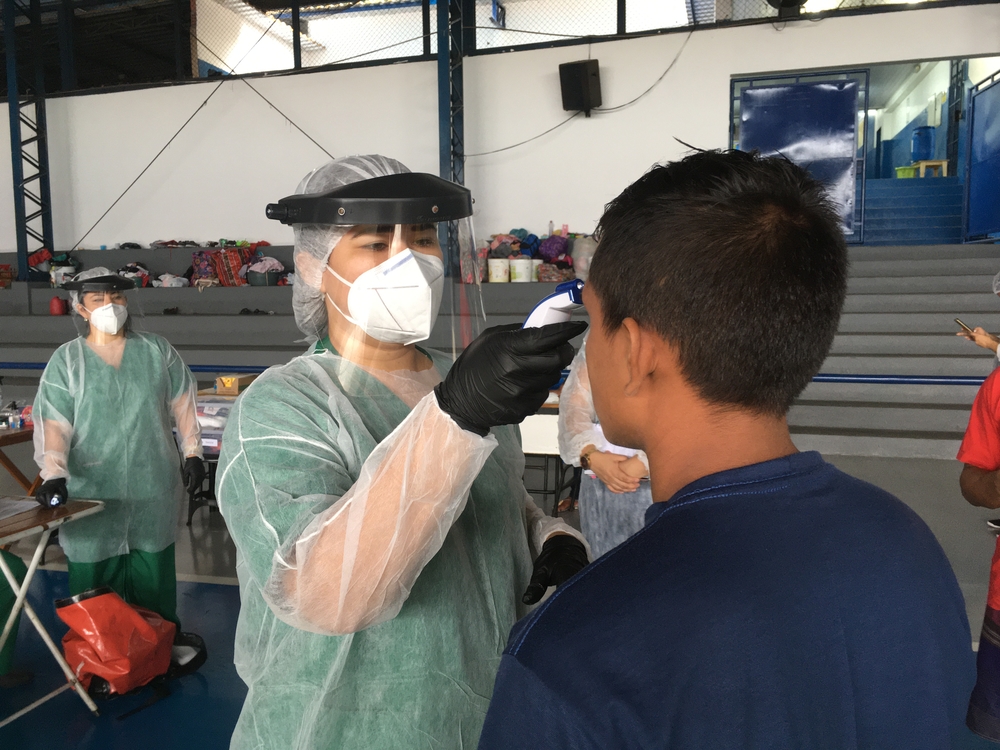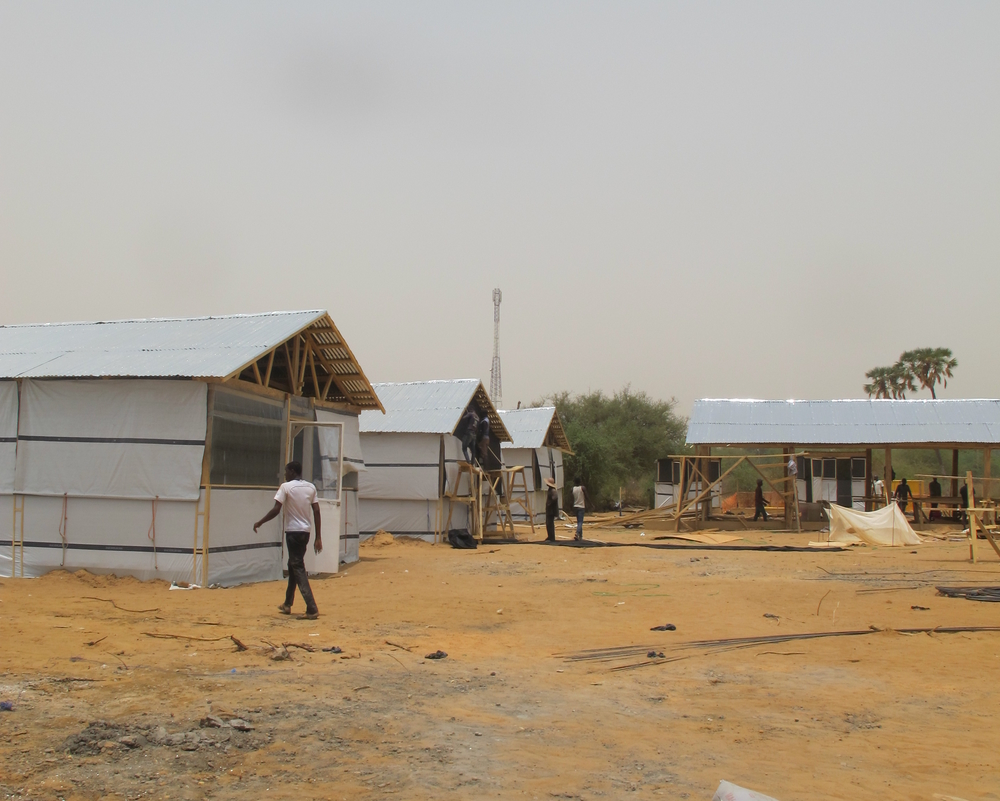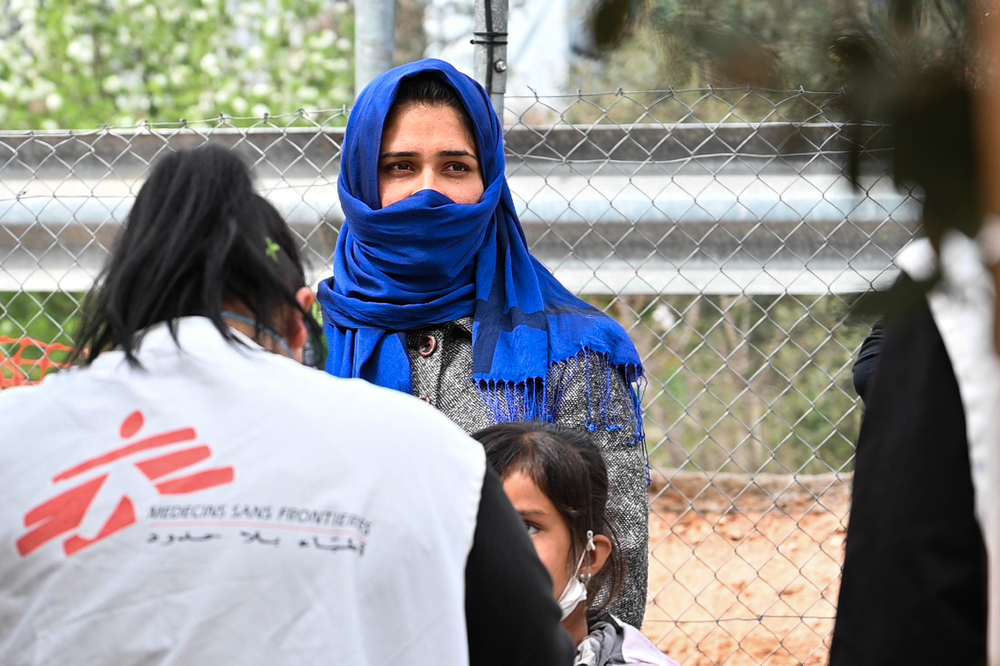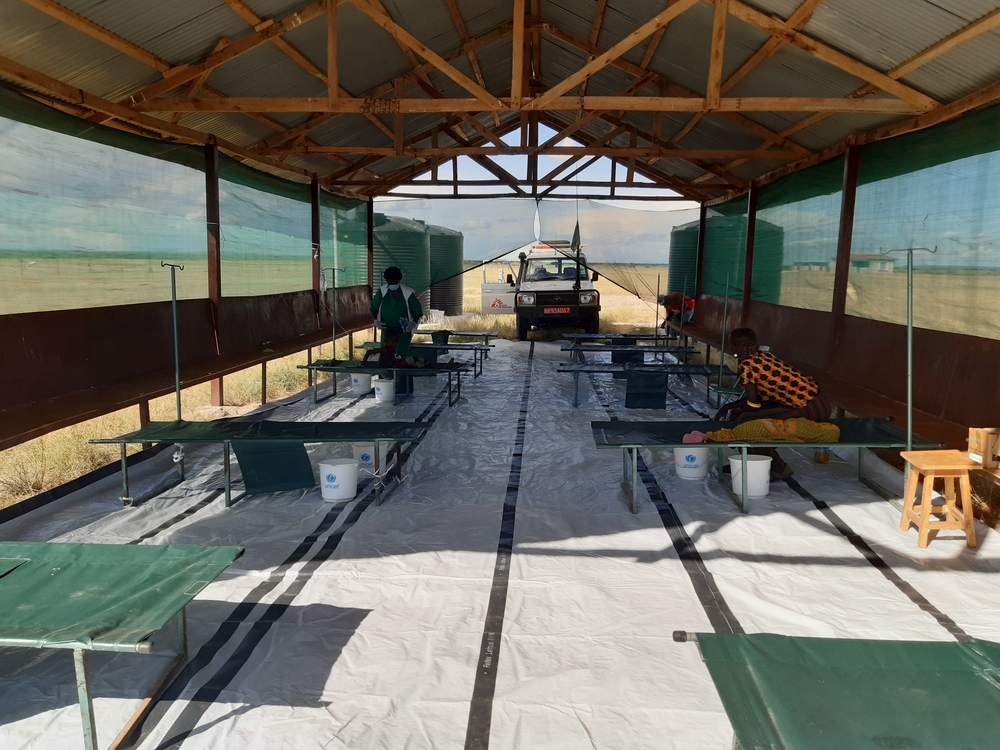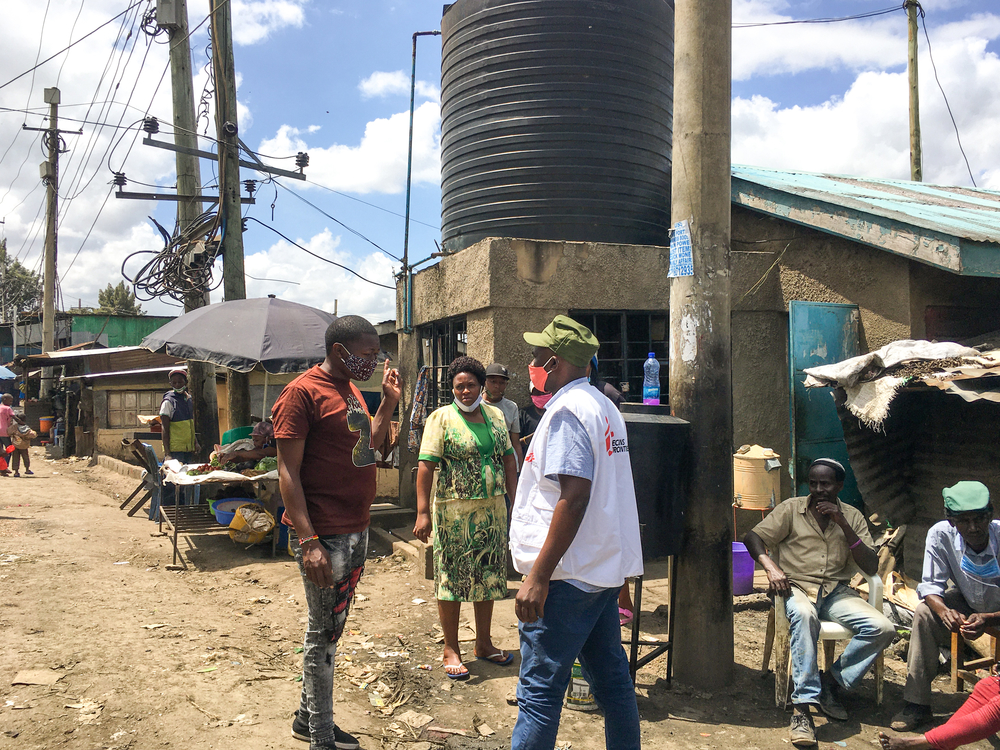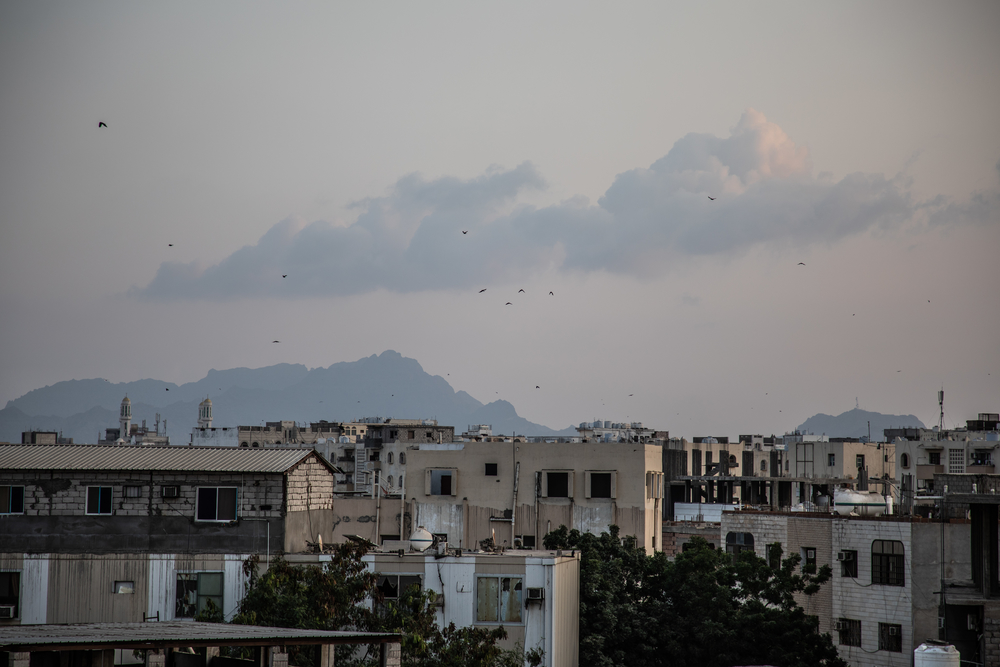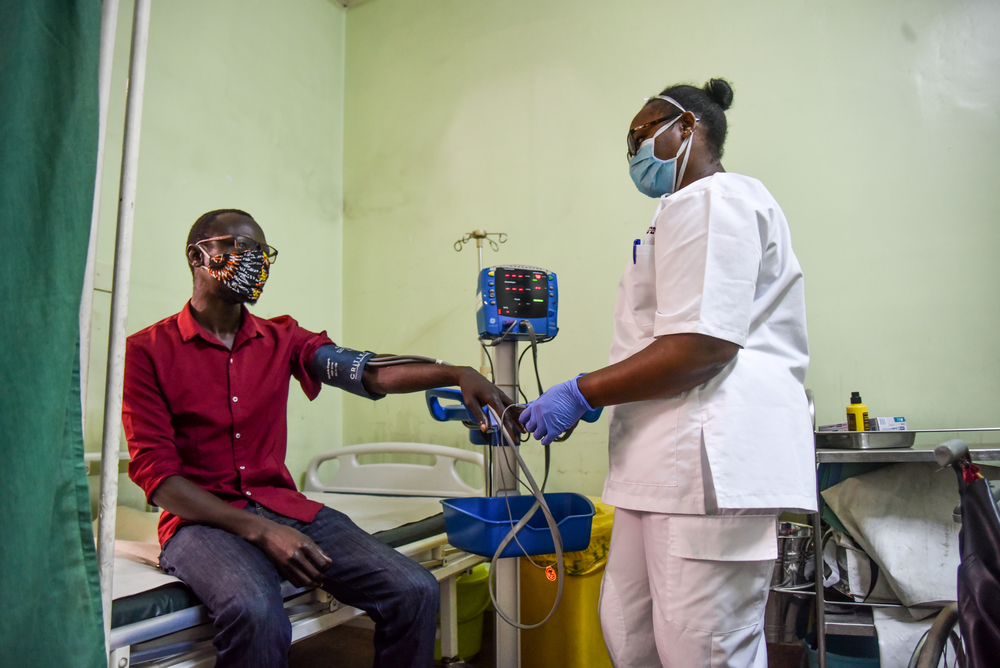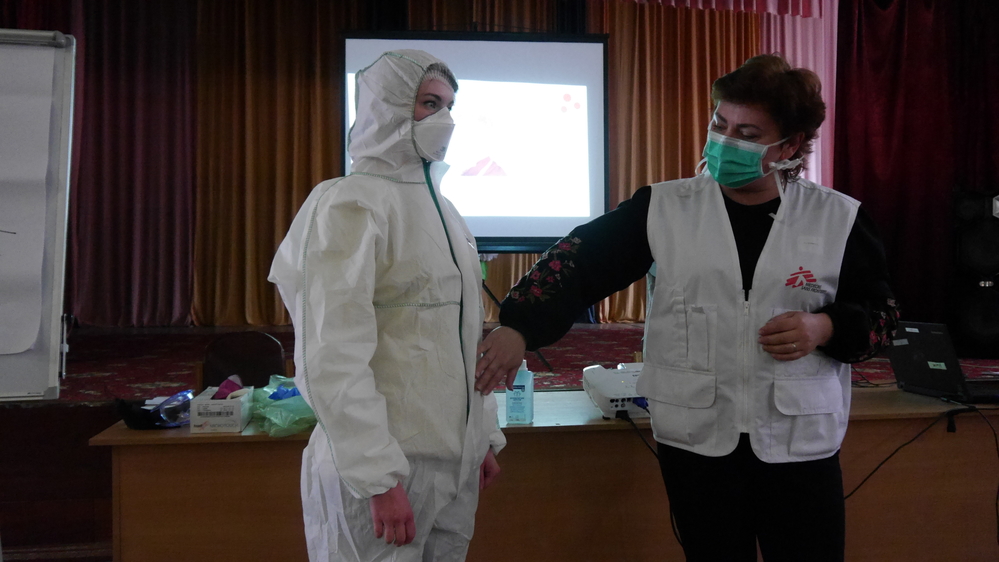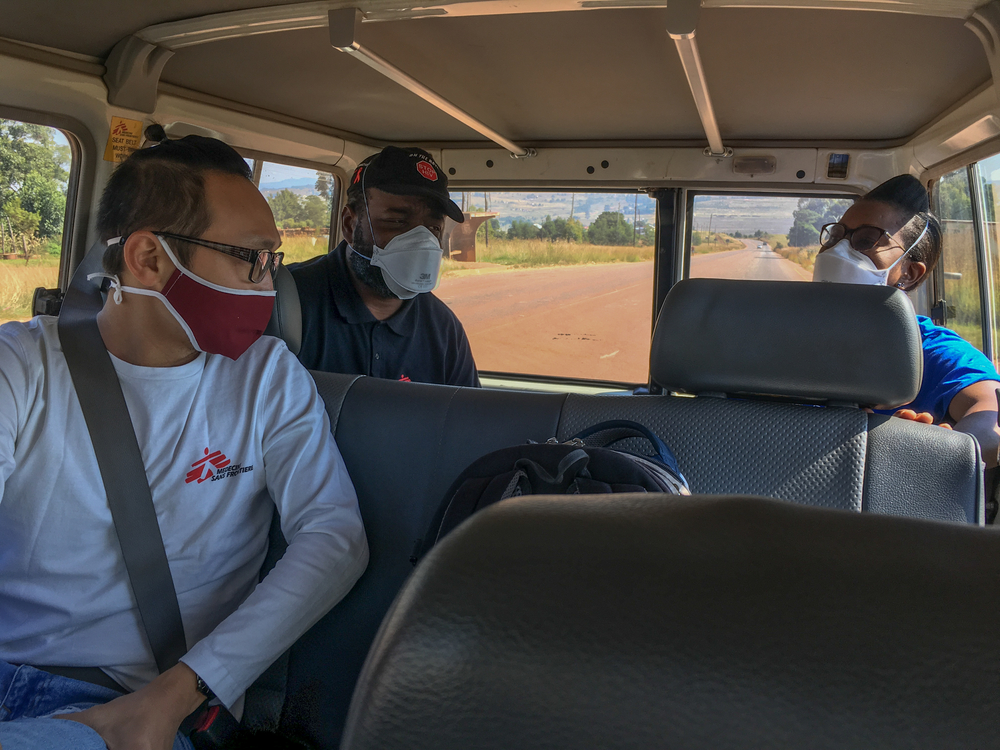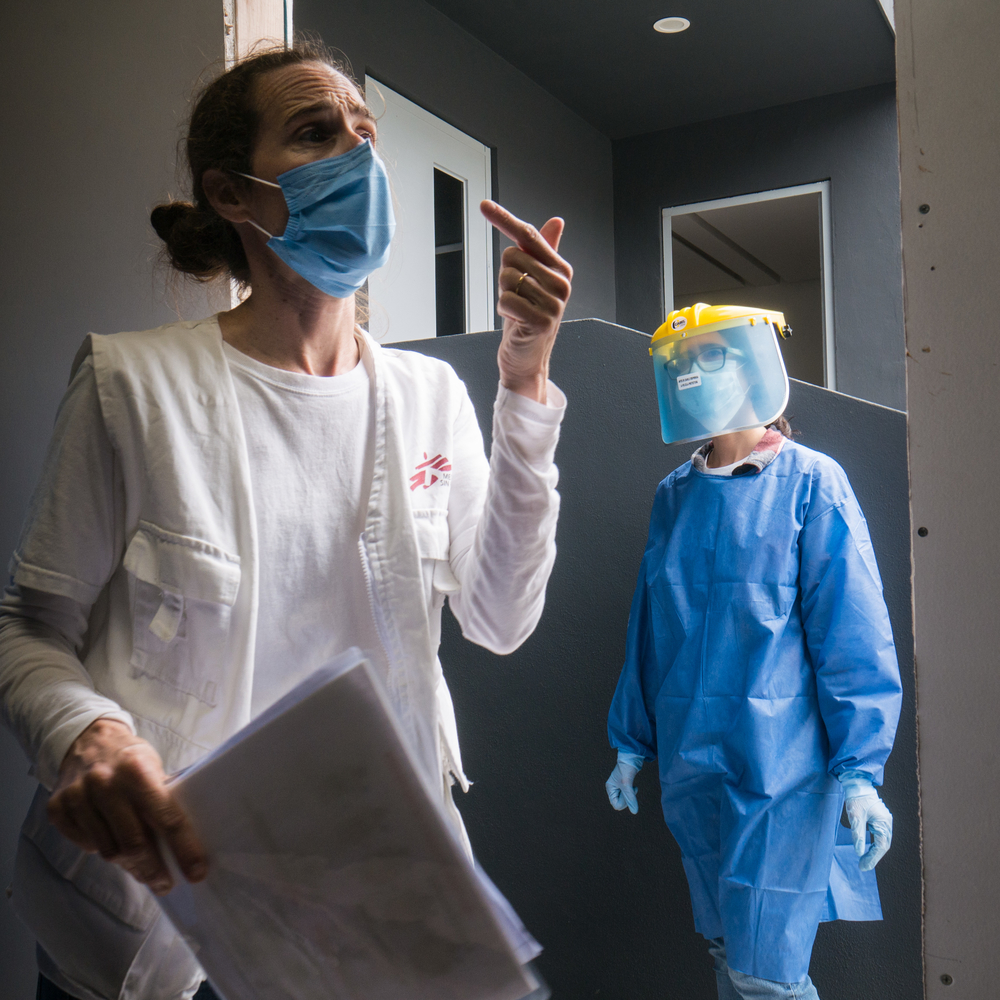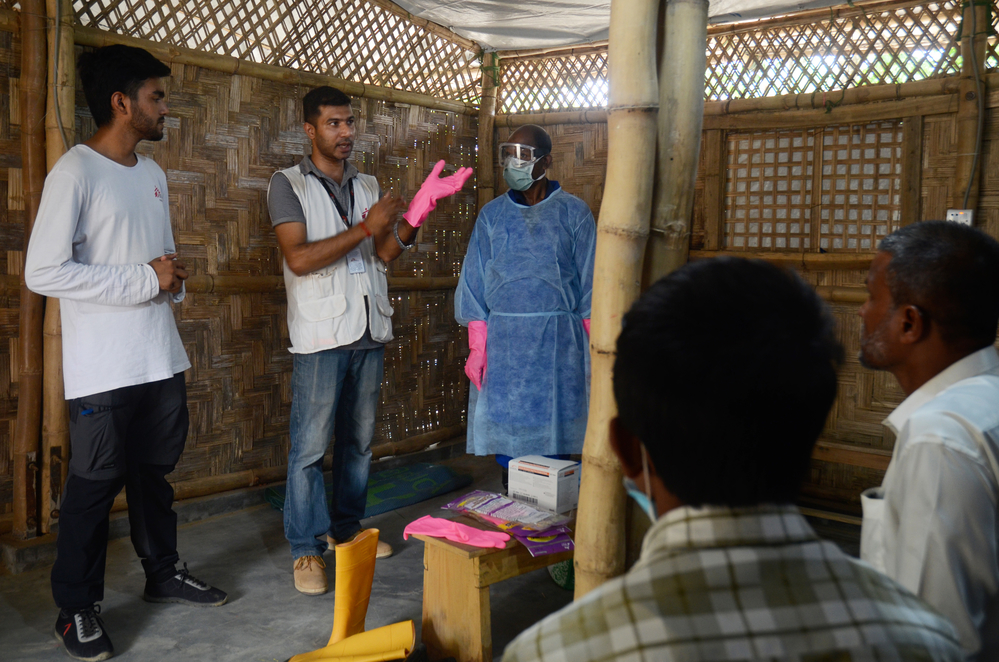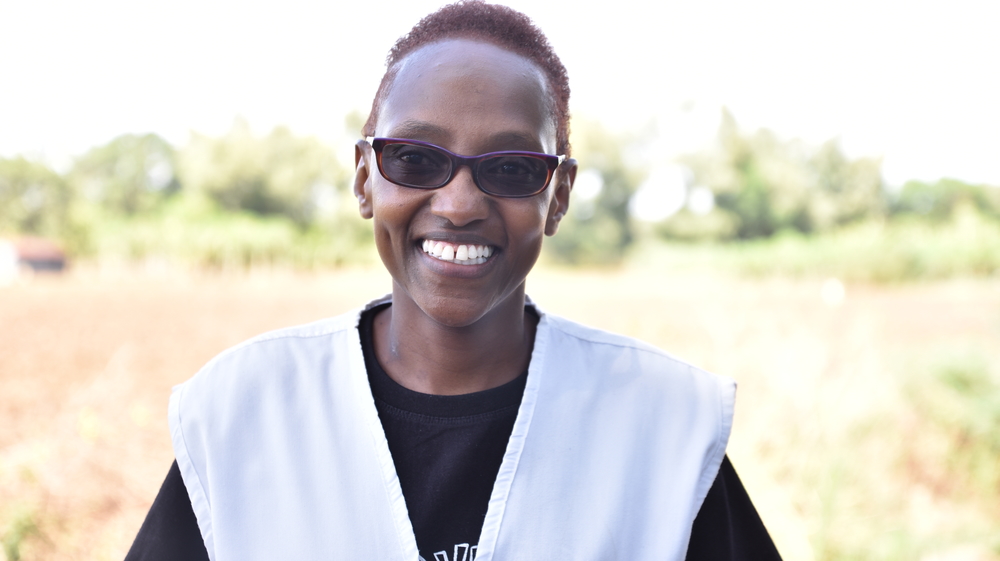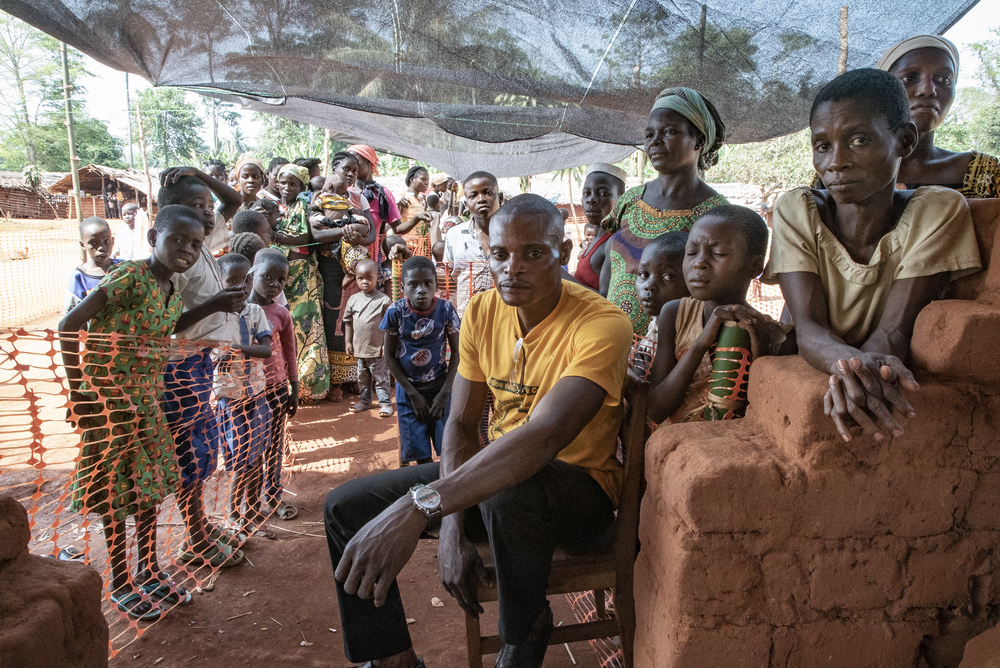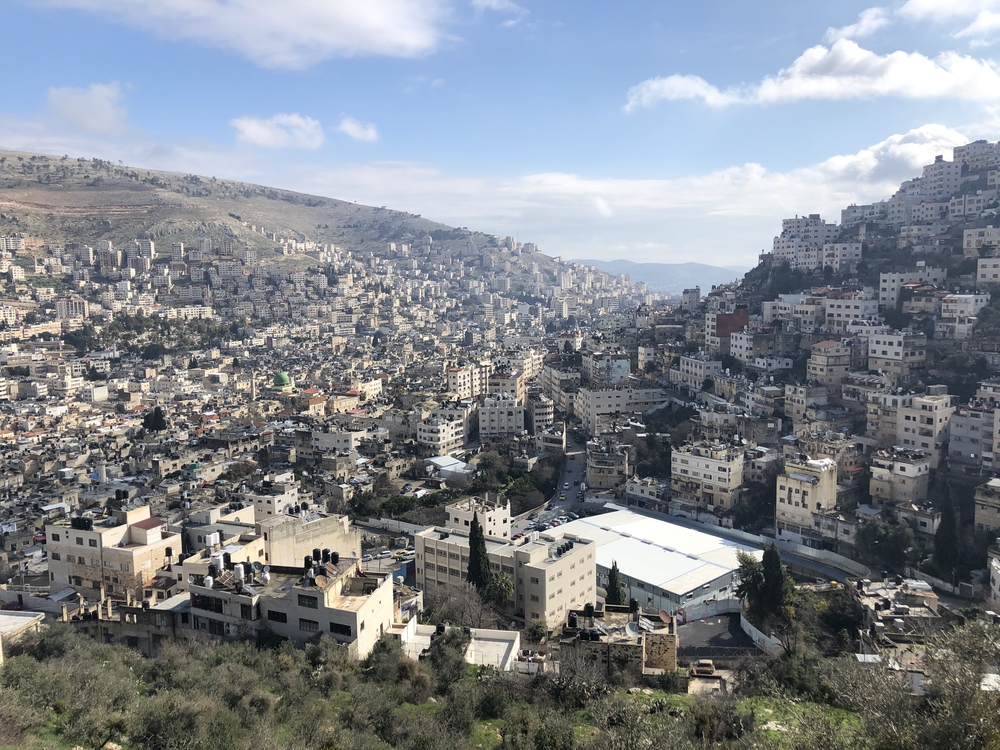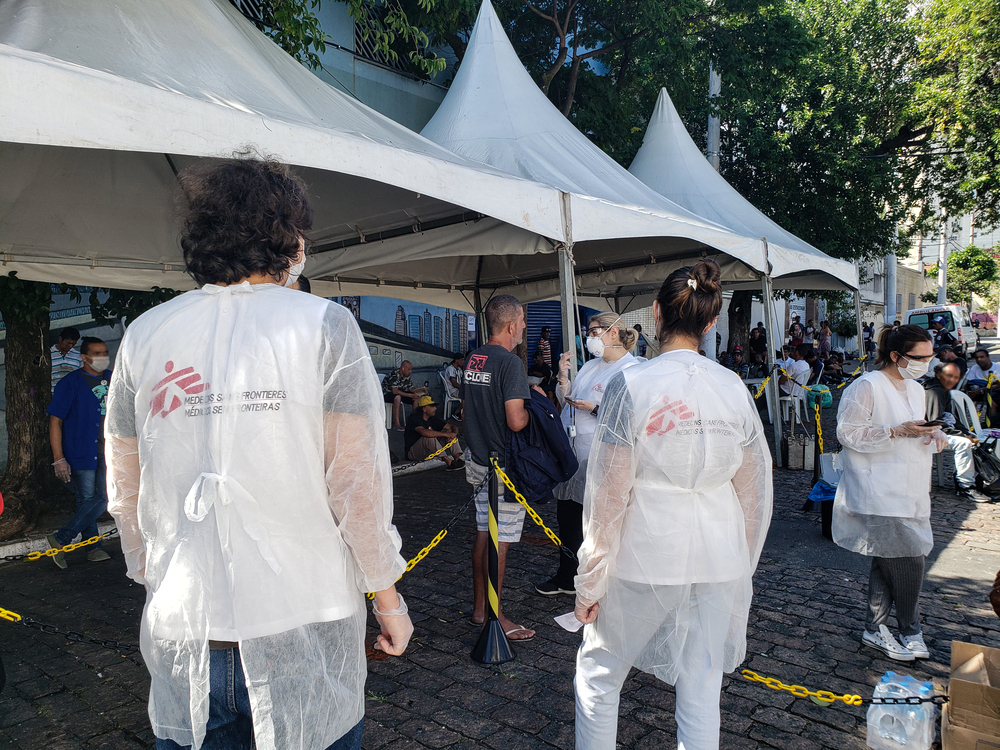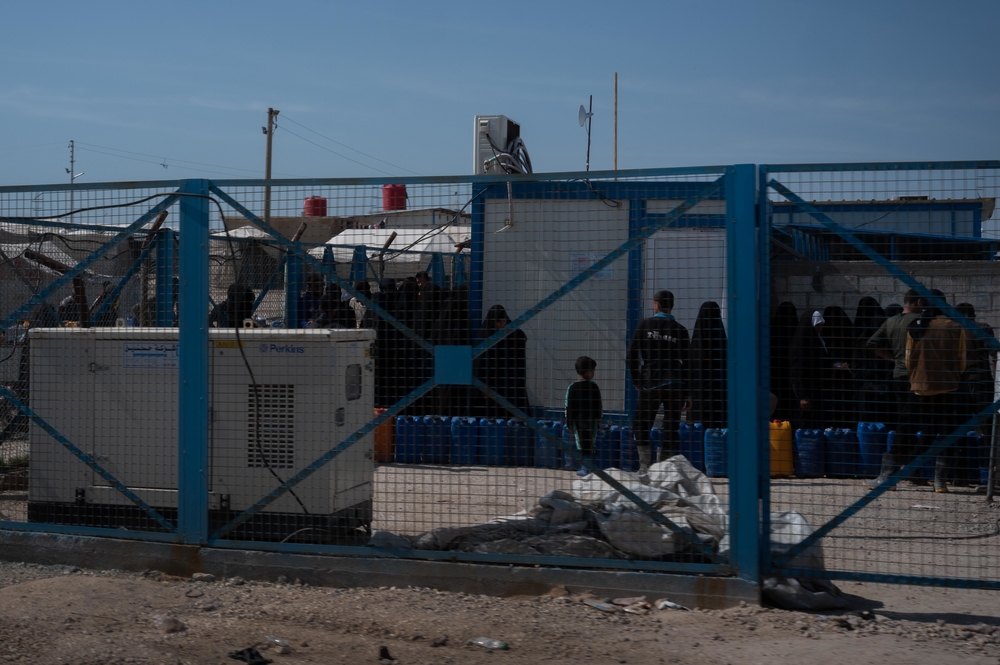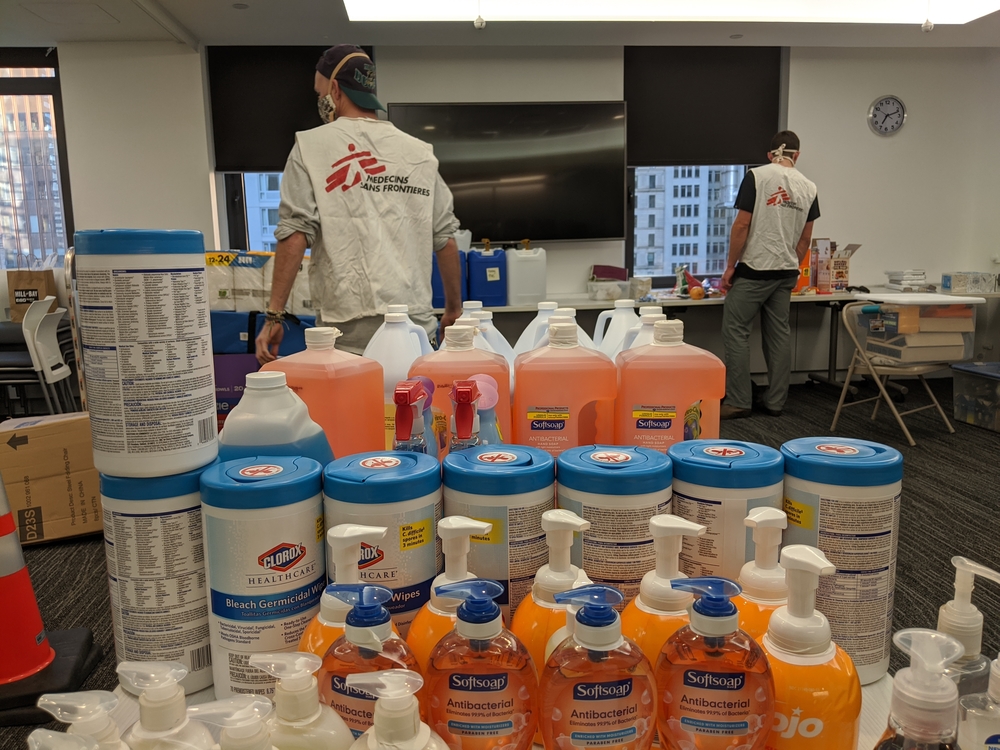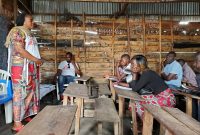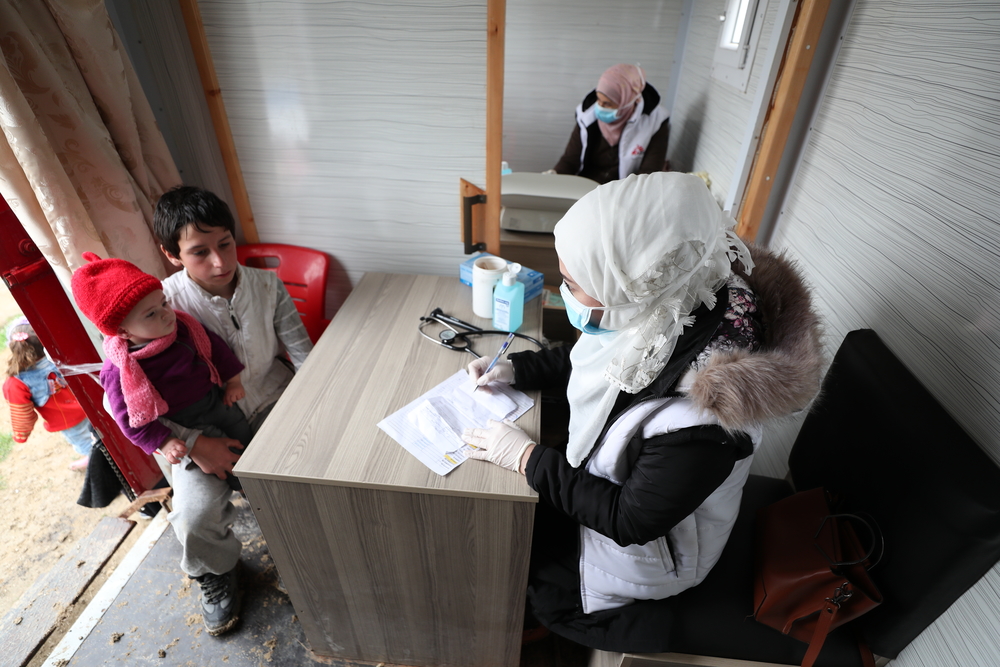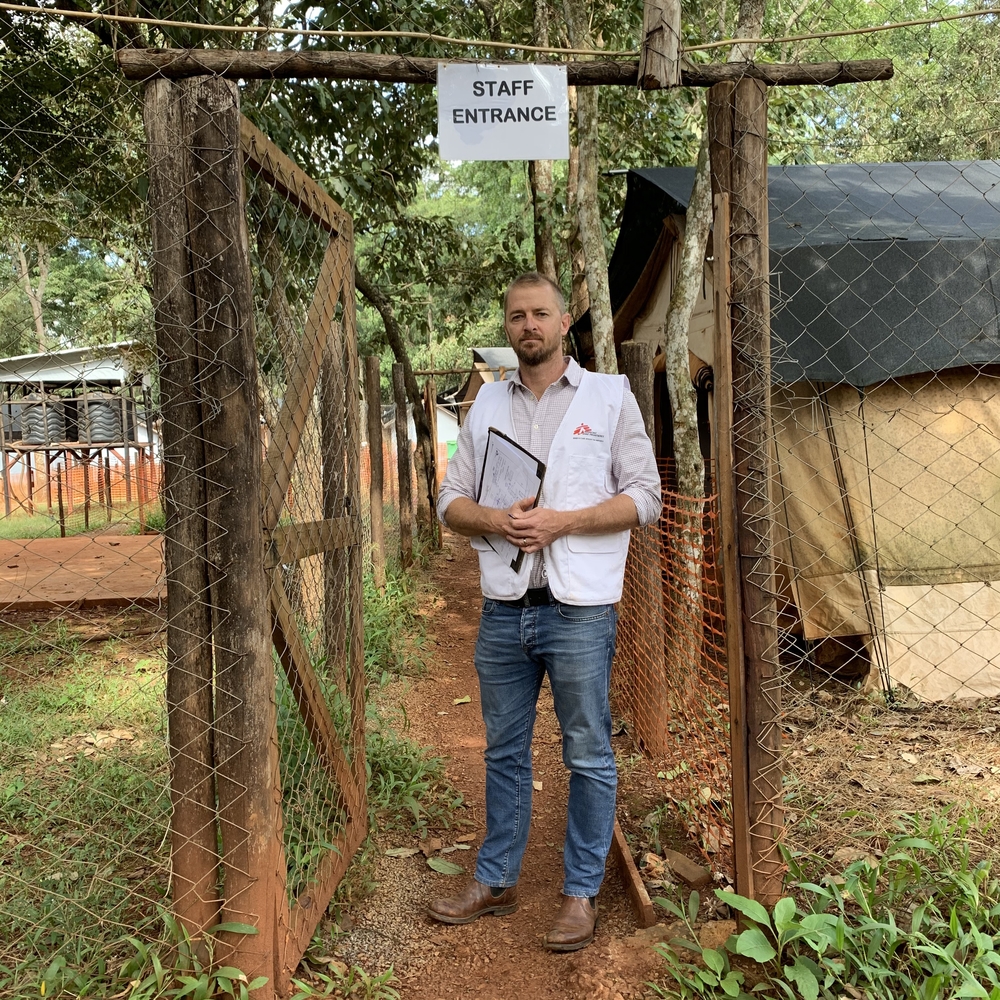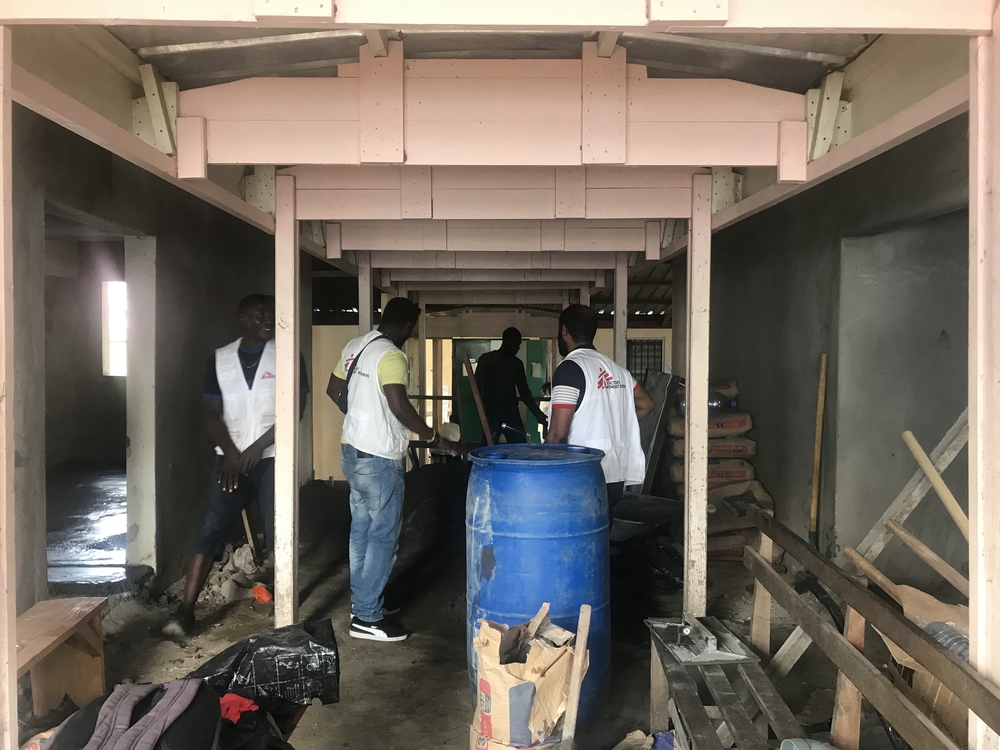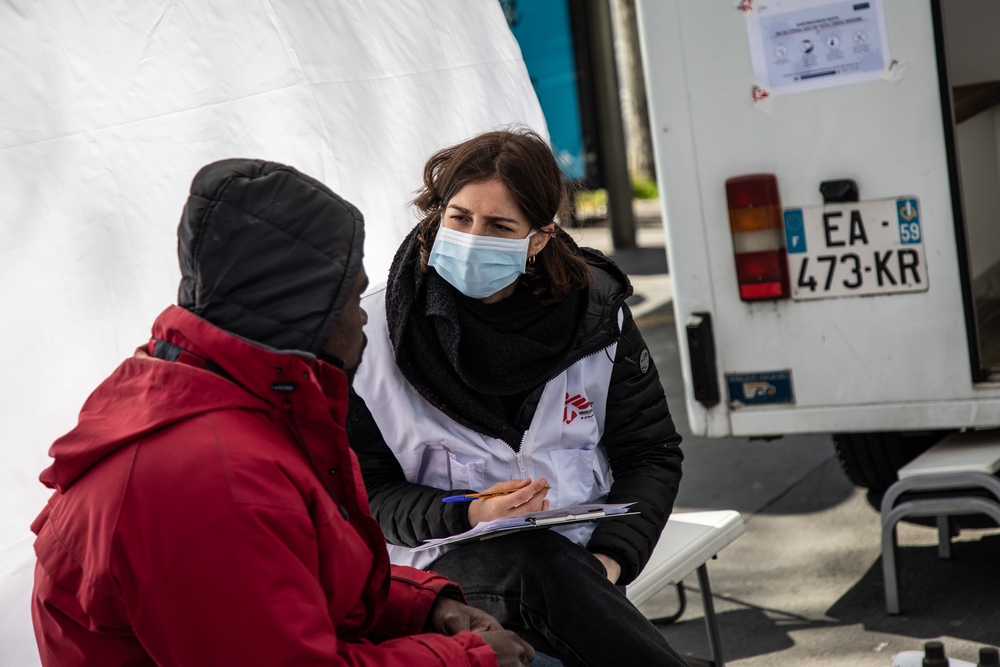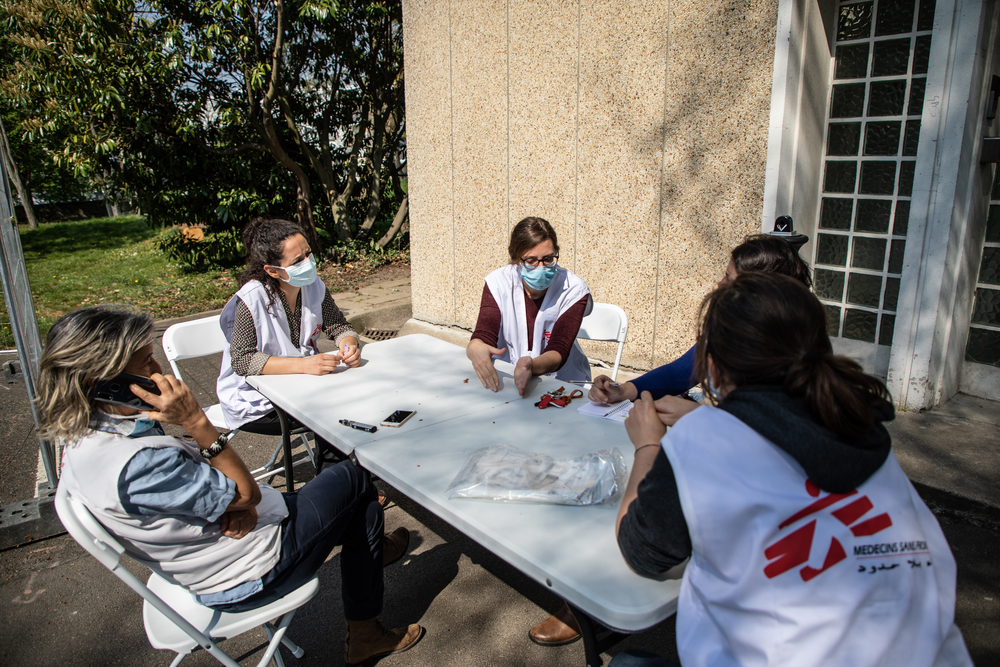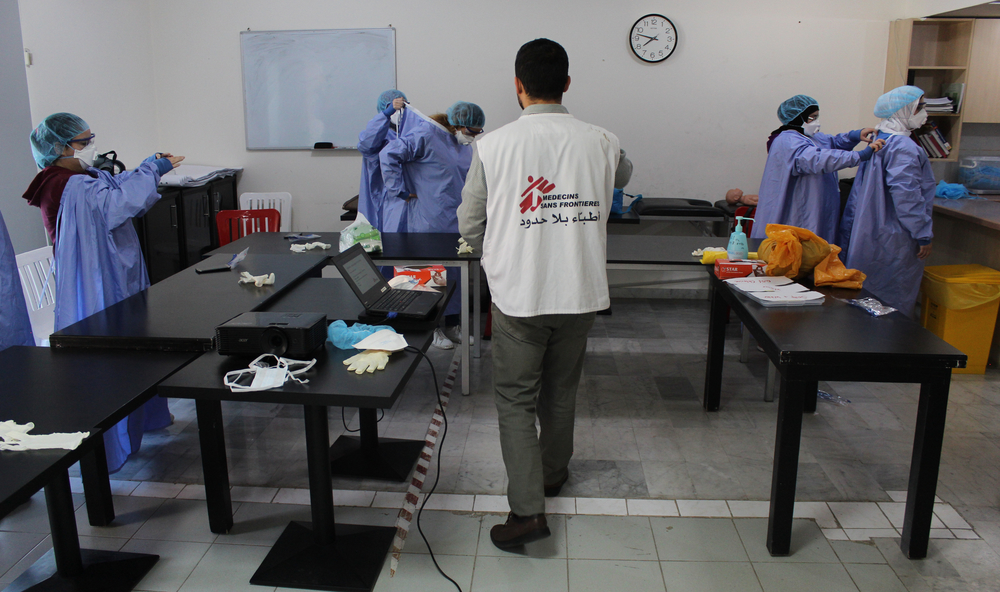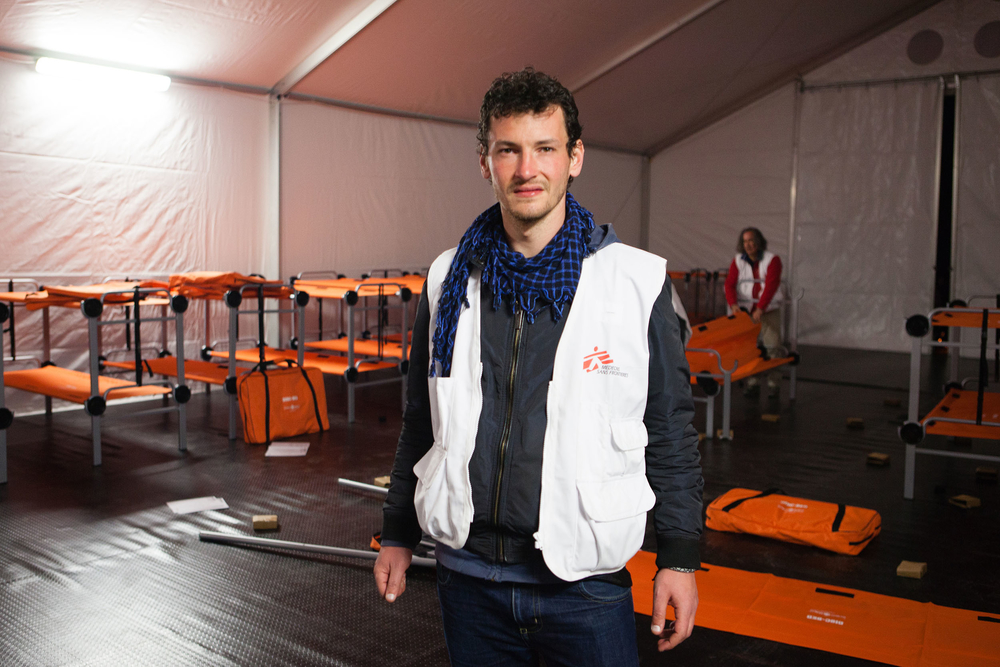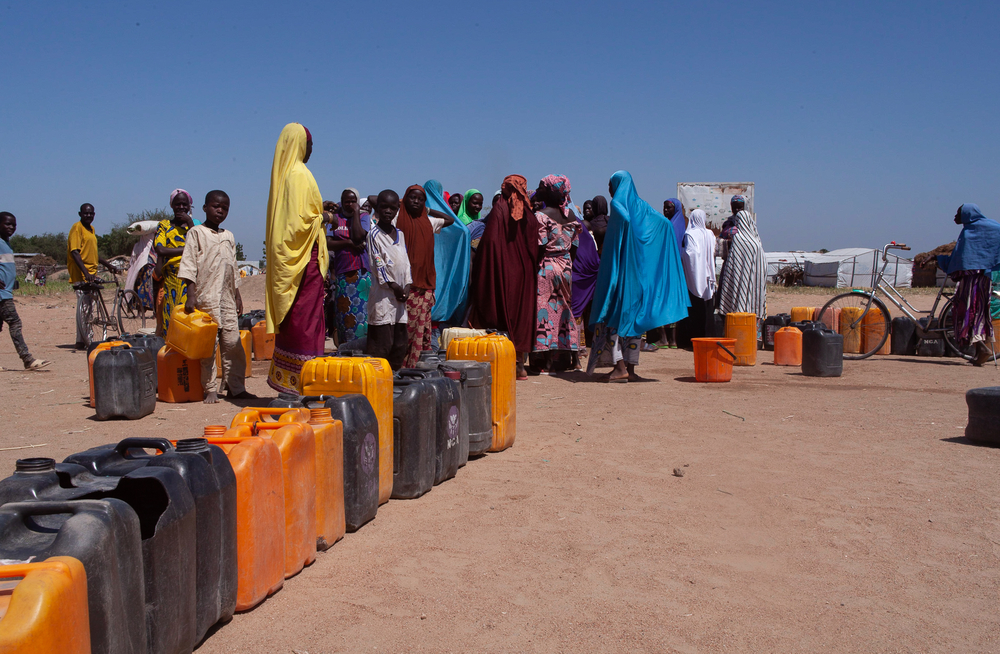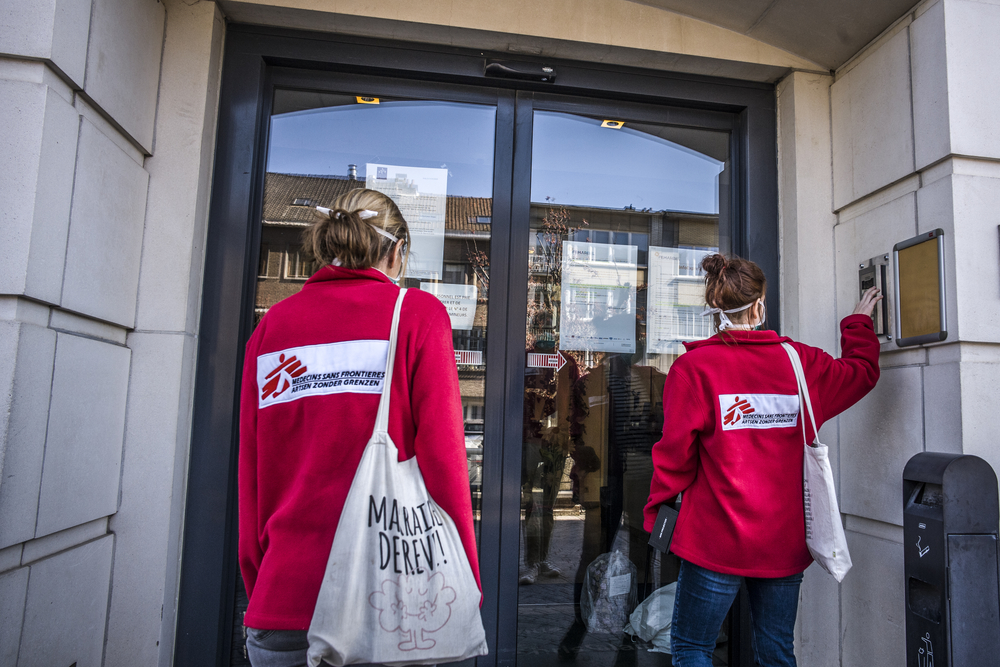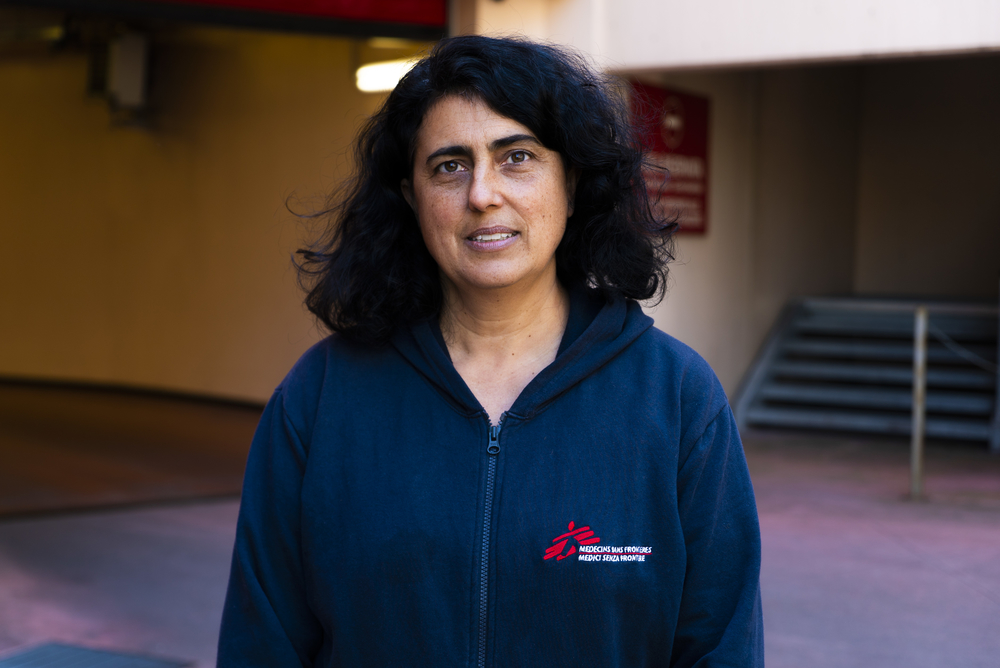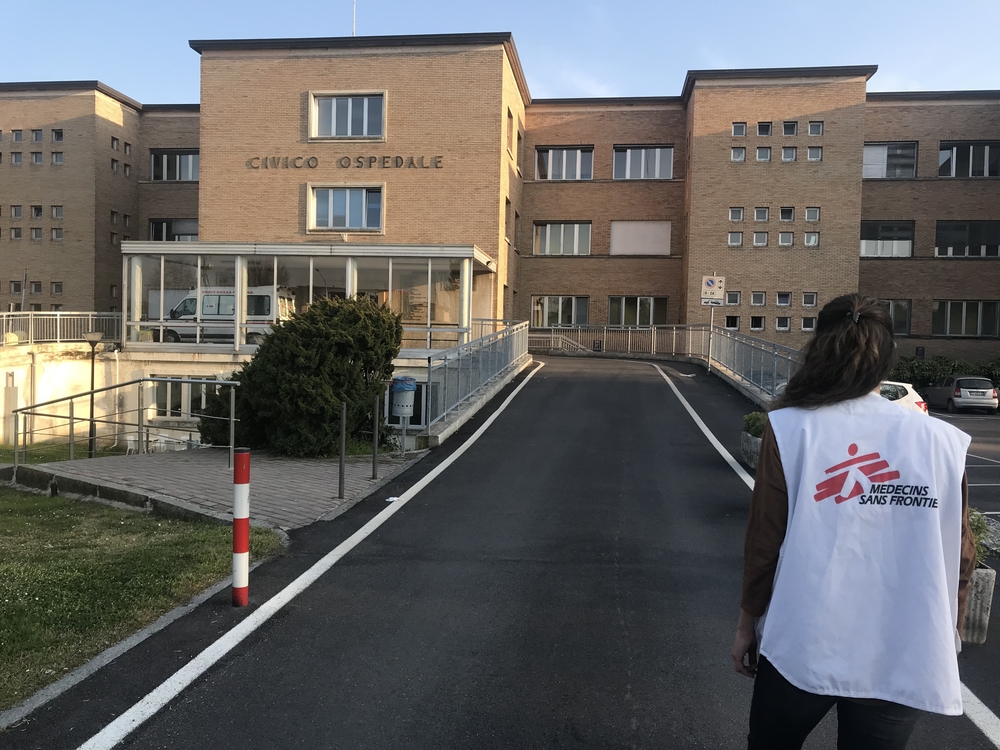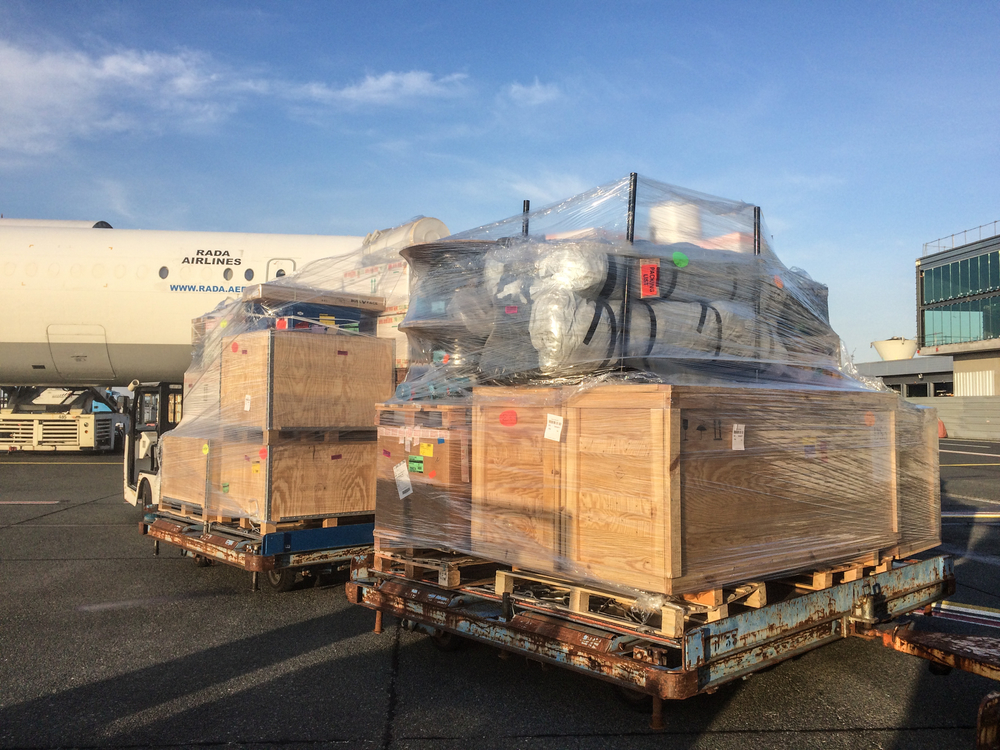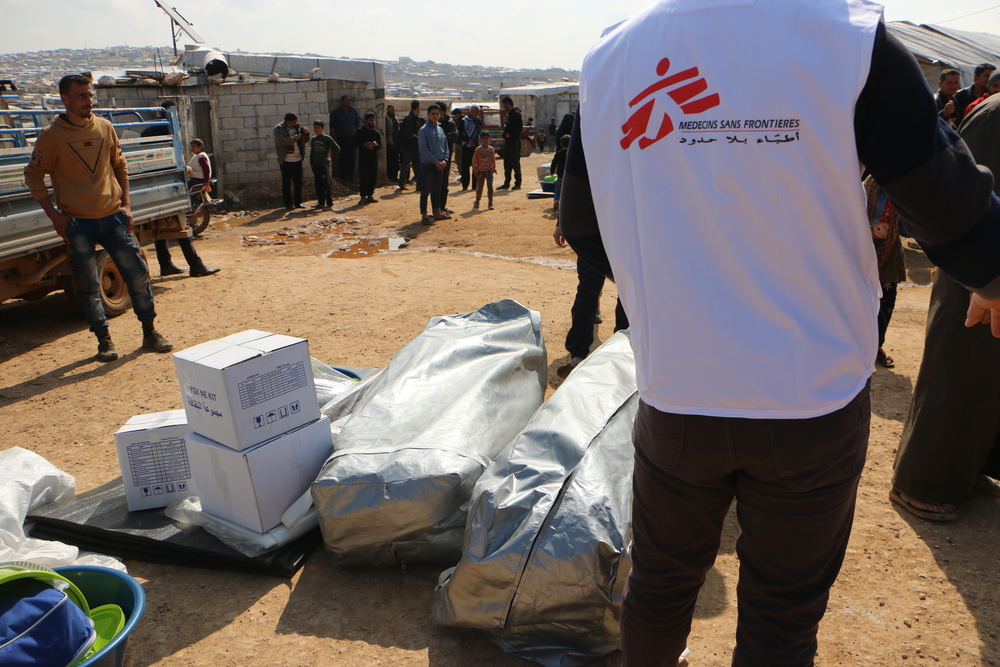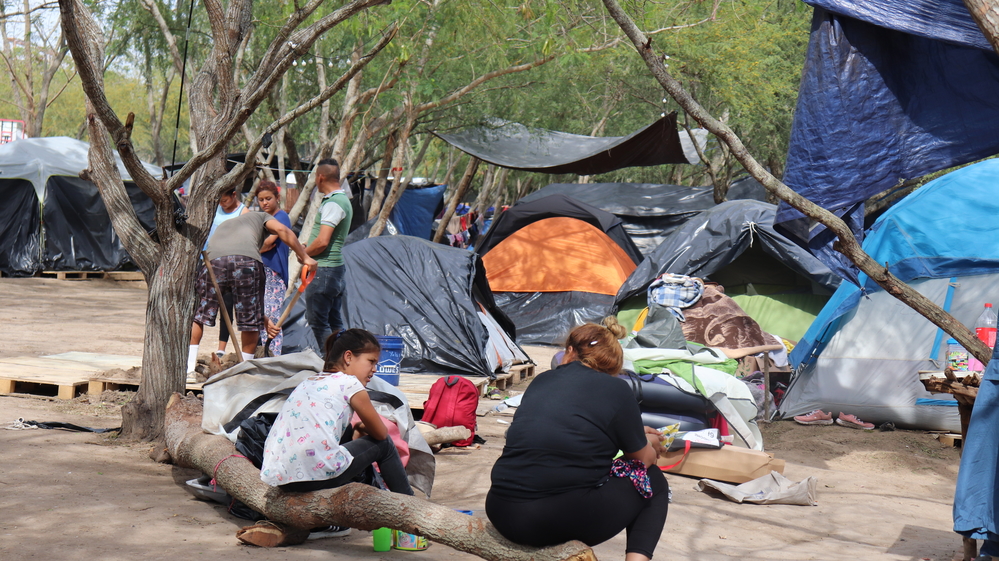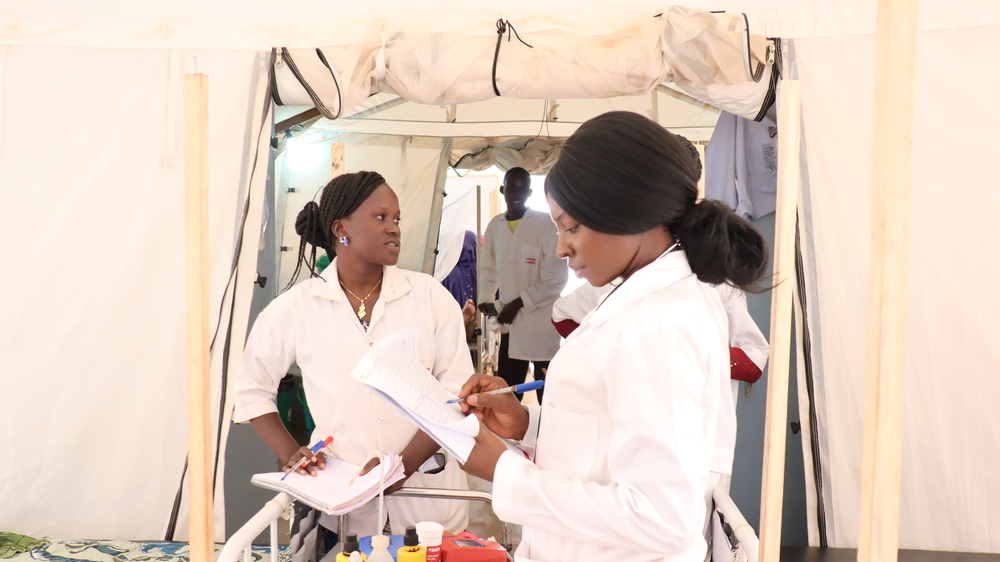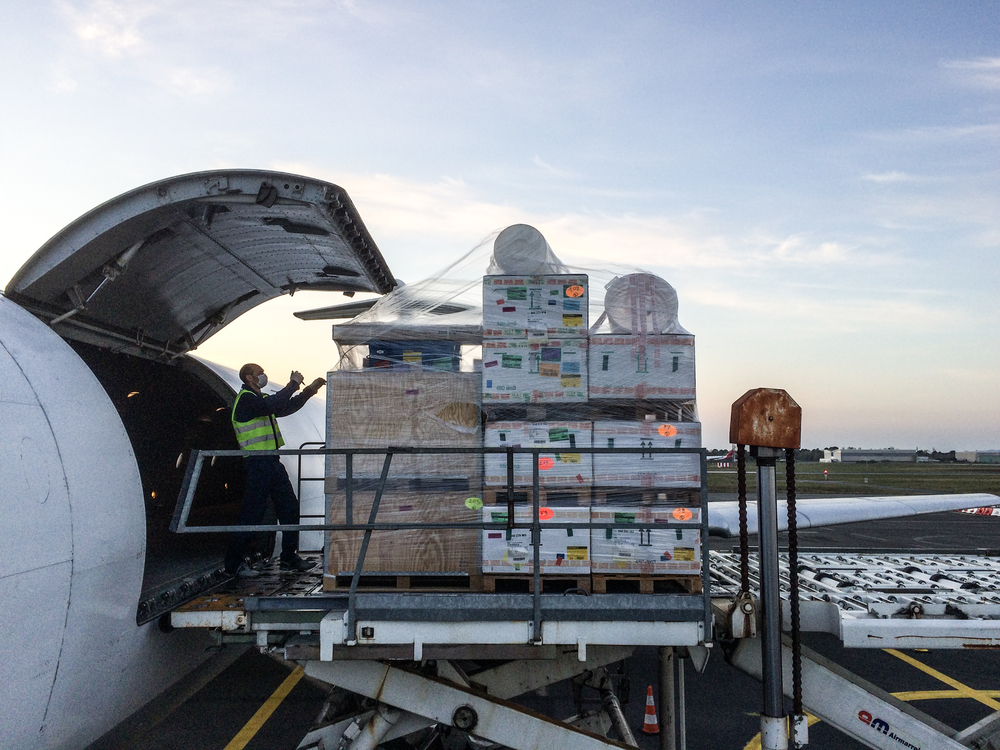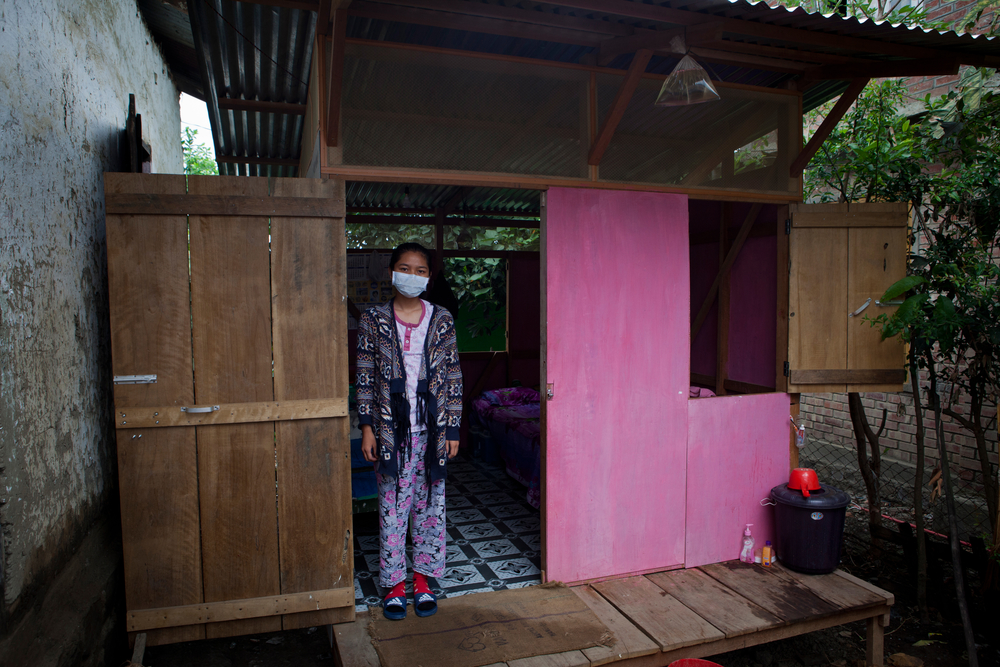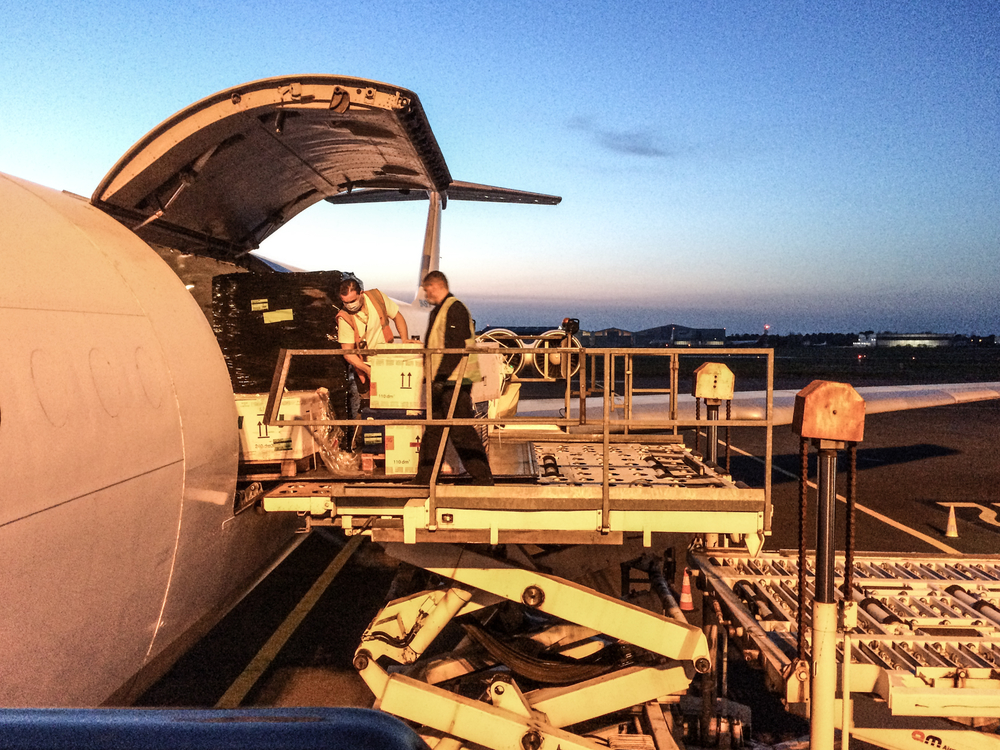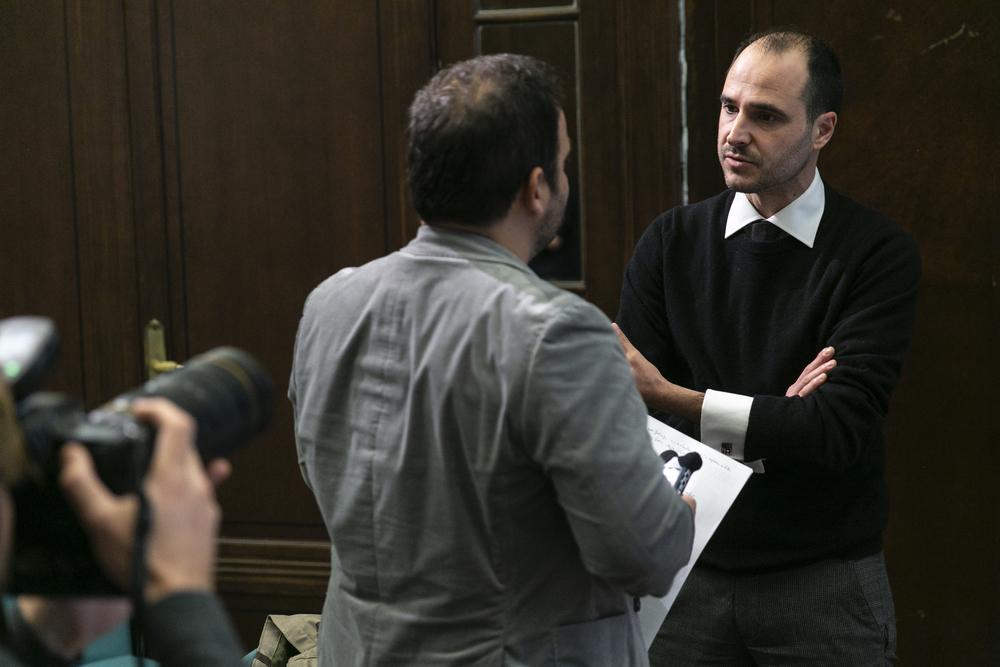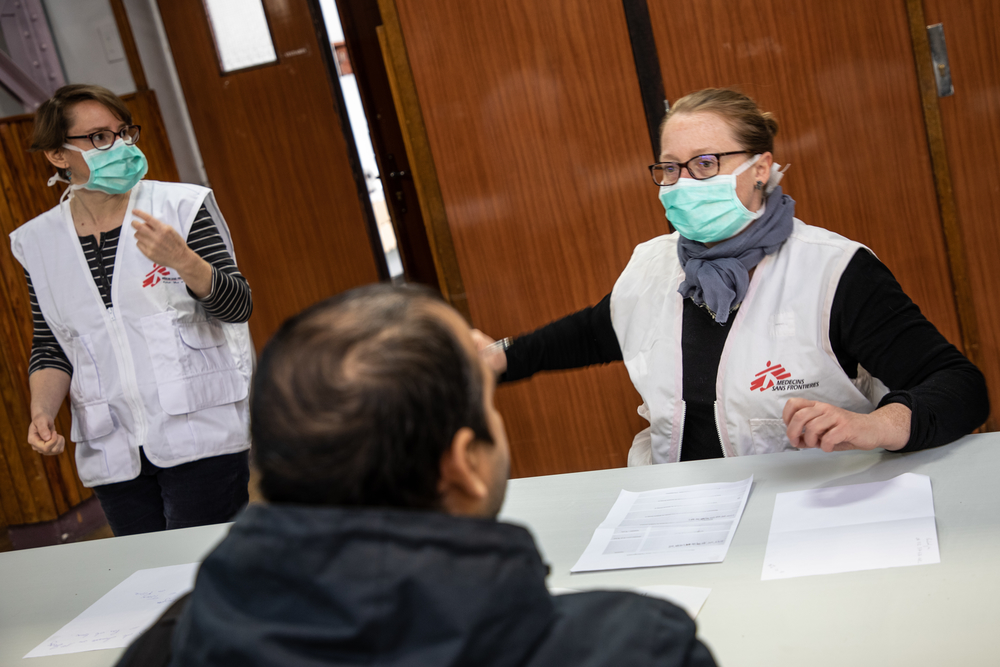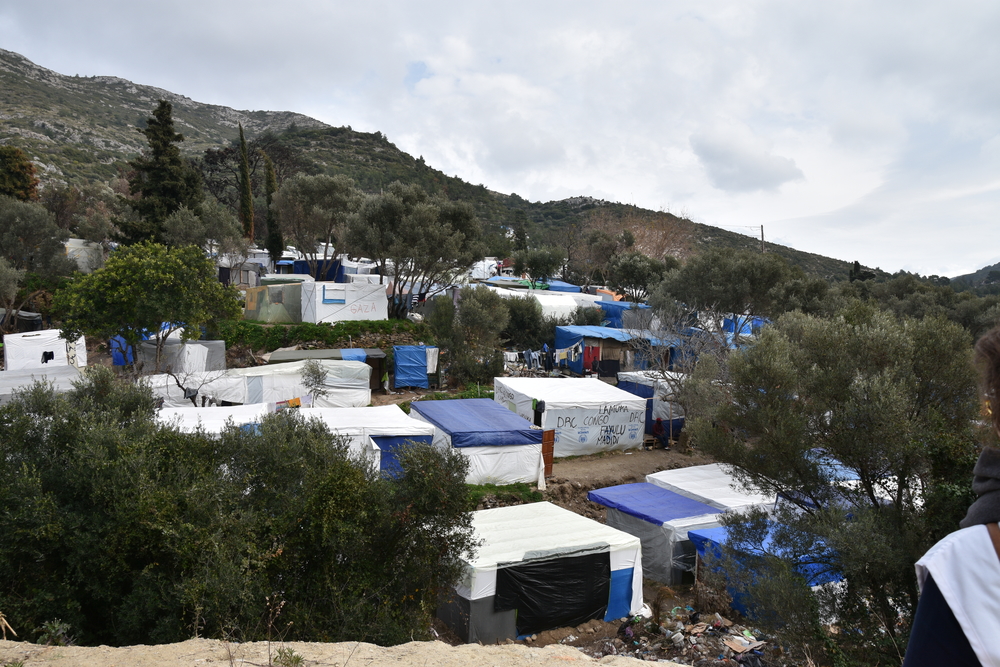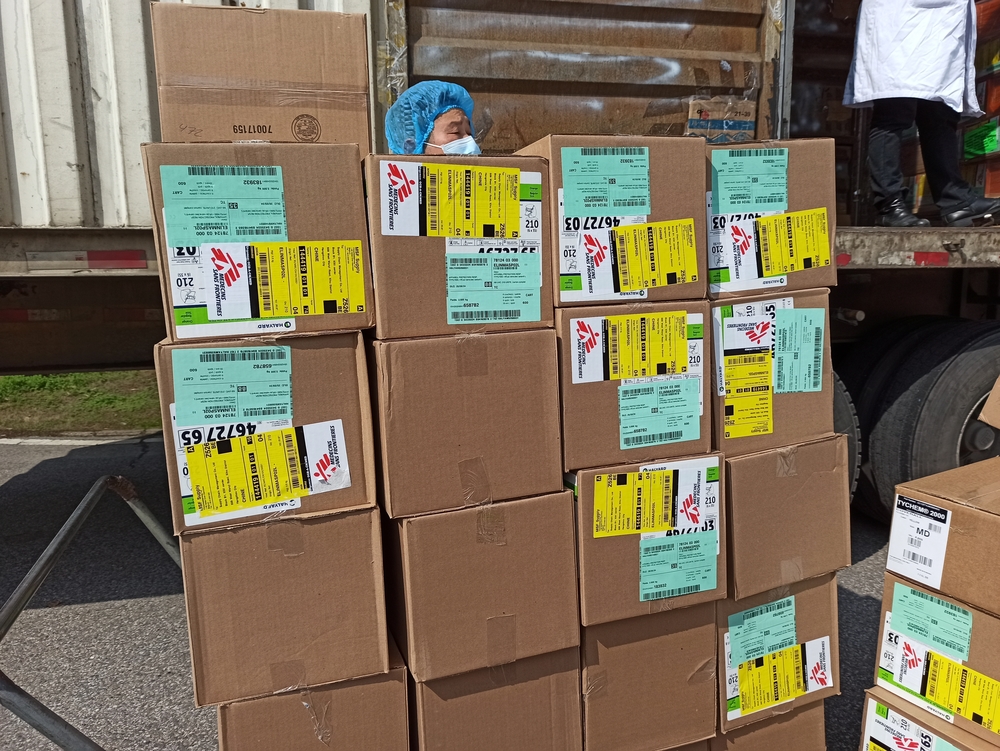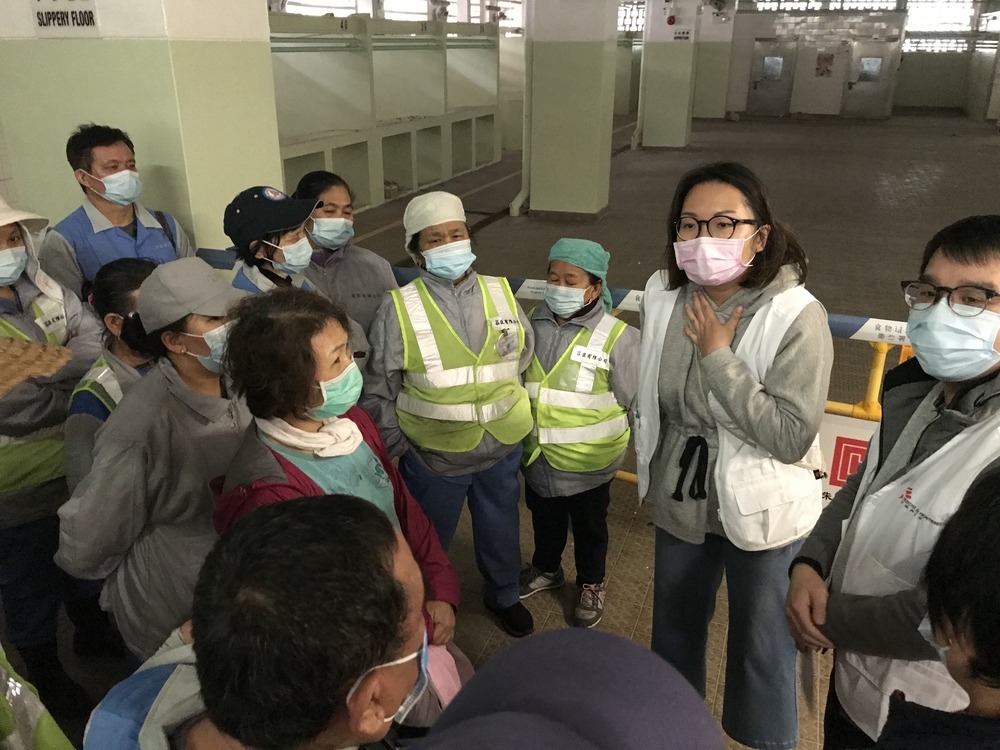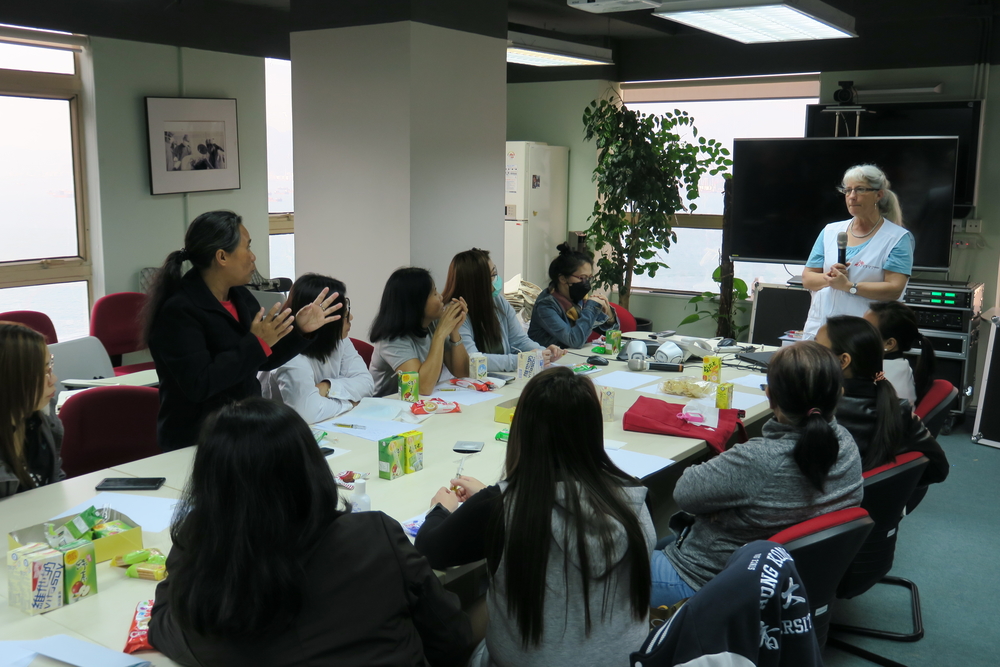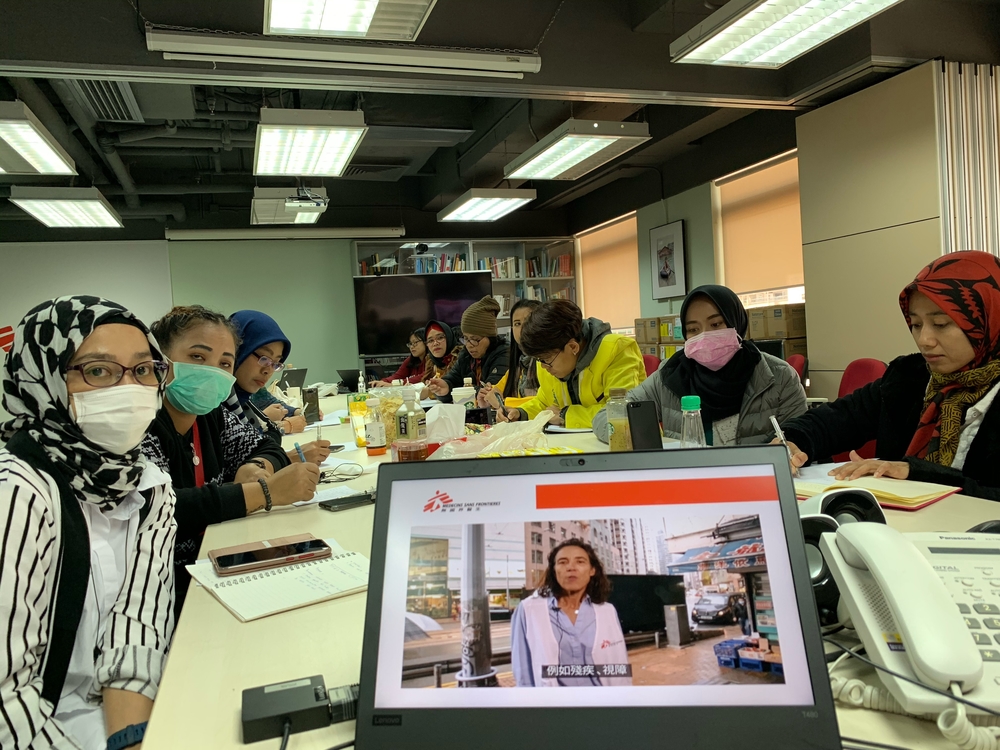One year after the first shot, pharma must urgently “share the tech” of COVID-19 vaccines
As the omicron variant spreads, Doctors Without Borders/Médecins Sans Frontières (MSF) calls on Moderna and Pfizer-BioNTech to immediately share their lifesaving mRNA vaccine technology with manufacturers that stand ready to boost the global supply.
One year after the first-ever COVID-19 mRNA vaccine dose administered, and as the world is hit with another worrying COVID-19 virus variant in omicron, MSF renews its call on the pharmaceutical corporations Moderna and Pfizer, with partner BioNTech, to urgently share their lifesaving mRNA vaccine technology with all global manufacturers. Sharing the technology and know-how could boost global vaccine production and supply in a matter of months, supporting low- and middle-income countries to become self-sufficient in dealing with current and future pandemics – and save countless lives in the process.
“As we face ever-evolving variants, and other new viruses that may emerge, mRNA vaccines offer a major lifesaving advantage – if only Moderna and Pfizer-BioNTech would share the technology with the rest of the world,” said Alain Alsalhani, Vaccines and Special Projects Pharmacist, MSF Access Campaign. The mRNA vaccine platform allows for fast modification of vaccines against new variants and relatively short production times, even by existing injectable-medicine manufacturers. At this time, it is not yet known if modifying the current vaccines for the omicron variant is needed. “Luckily, Moderna’s and Pfizer-BioNTech’s mRNA vaccine technology is well-suited for quickly responding to viral variants, if needed,” added Alsalhani.
MSF calls on governments with sufficient COVID-19 vaccine doses to immediately redistribute excess doses to the COVAX Facility or regional bodies.
MSF has identified seven capable manufacturers on the African continent alone that could start mRNA vaccine production within months if Moderna and Pfizer-BioNTech shared the technology and know-how. As of today, not a single dose of these vaccines is being manufactured by companies in low- and middle-income countries. In the likely scenario that the COVID-19 virus continues to mutate into new variants of concern, geographically distributed access to mRNA vaccine technology around the world would allow for rapid vaccine adaptation and response targeting local needs.

Moderna and Pfizer-BioNTech should not be the only ones in control of this, especially given the fact the public has paid billions for the research and development (R&D) of these COVID-19 vaccines. Public taxpayer money through the US government provided Moderna with nearly $10 billion for almost the entire cost of clinical development of its mRNA vaccine and purchase of 500 million doses. Financial support from the German government and other public sources contributed more than $700 million to BioNTech’s development of its COVID-19 vaccine with Pfizer. The public paid for this mRNA vaccine technology and should have a say in how this technology is shared.
The public paid for this mRNA vaccine technology and should have a say in how this technology is shared.
“MSF calls on Moderna and Pfizer-BioNTech to immediately share mRNA vaccine technology and know-how with the World Health Organization (WHO) COVID-19 mRNA vaccine technology transfer hub, based in South Africa,” said Candice Sehoma, Advocacy Officer, MSF Access Campaign in South Africa. “Low- and middle-income countries must be able to be self-reliant and have ownership in producing COVID-19 medical tools like vaccines for their populations, without having to depend on charity or donations from high-income countries and the pharma industry. Too many lives are at stake – we need Moderna and Pfizer-BioNTech to share the tech now.”
On achieving global COVID-19 vaccine access:
In addition to demanding Pfizer-BioNTech and Moderna share mRNA vaccine technology, MSF urges all governments to support the WHO COVID-19 mRNA Vaccine Technology Transfer Hub with financial and political support. Additionally, MSF calls on governments with sufficient COVID-19 vaccine doses to immediately redistribute excess doses to the COVAX Facility or regional bodies. MSF also urges governments to support the TRIPS Waiver proposal at the World Trade Organization (WTO) to waive intellectual-property monopolies on all COVID-19 vaccines, tests, treatments and other health tools during the pandemic; and to use all legal and policy tools to facilitate uninterrupted production and diversity in supply of COVID-19 medical tools.
